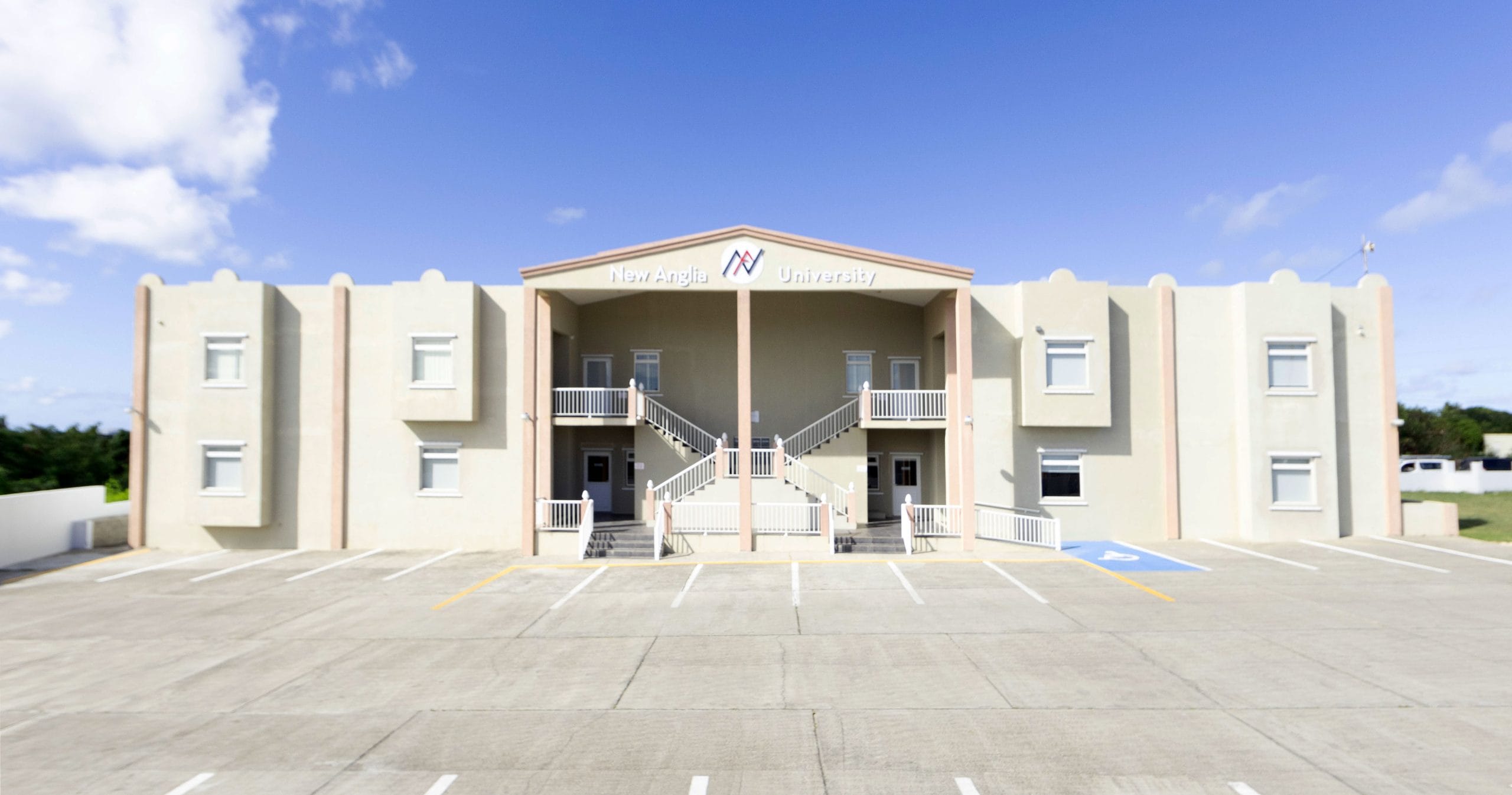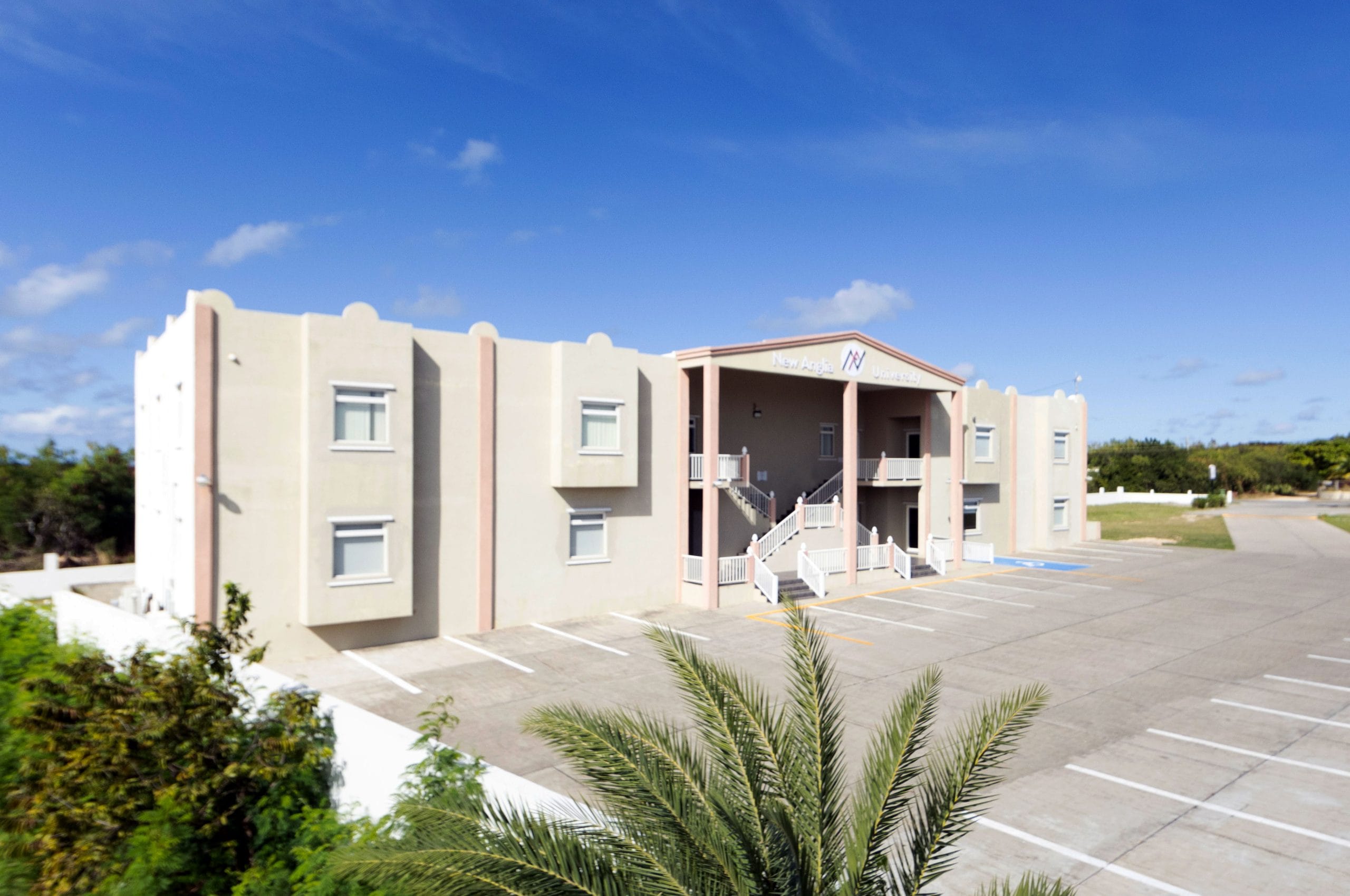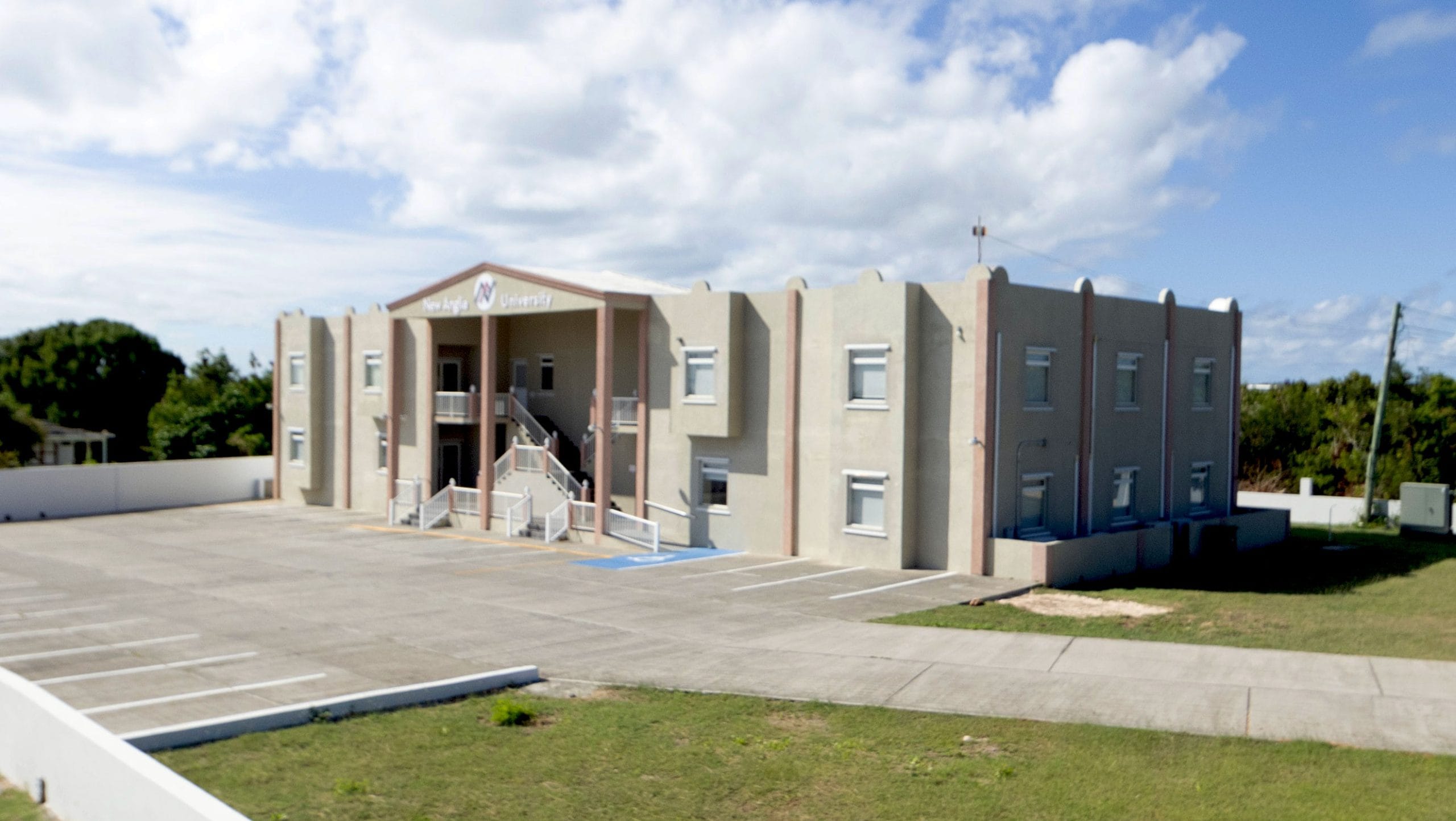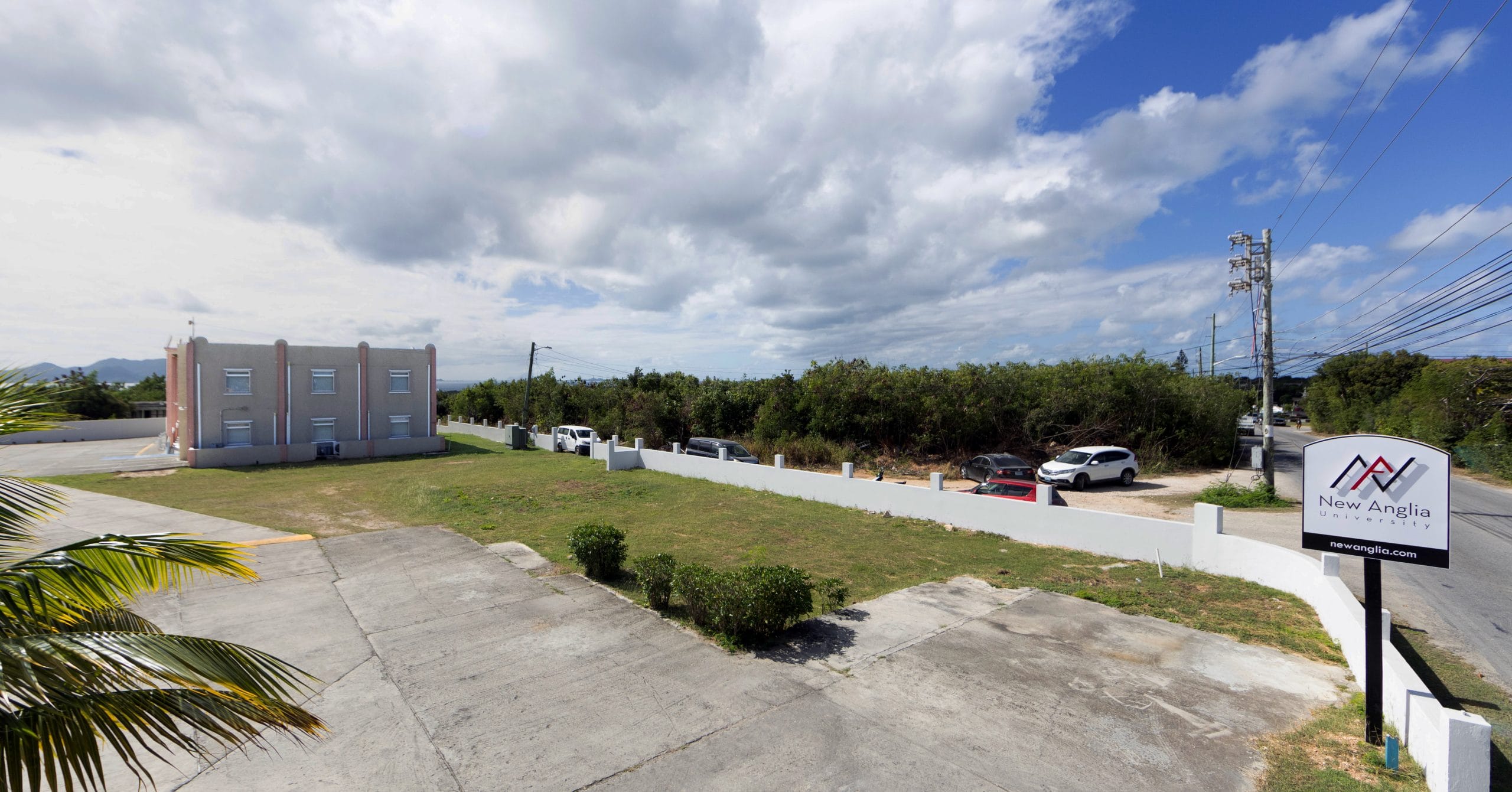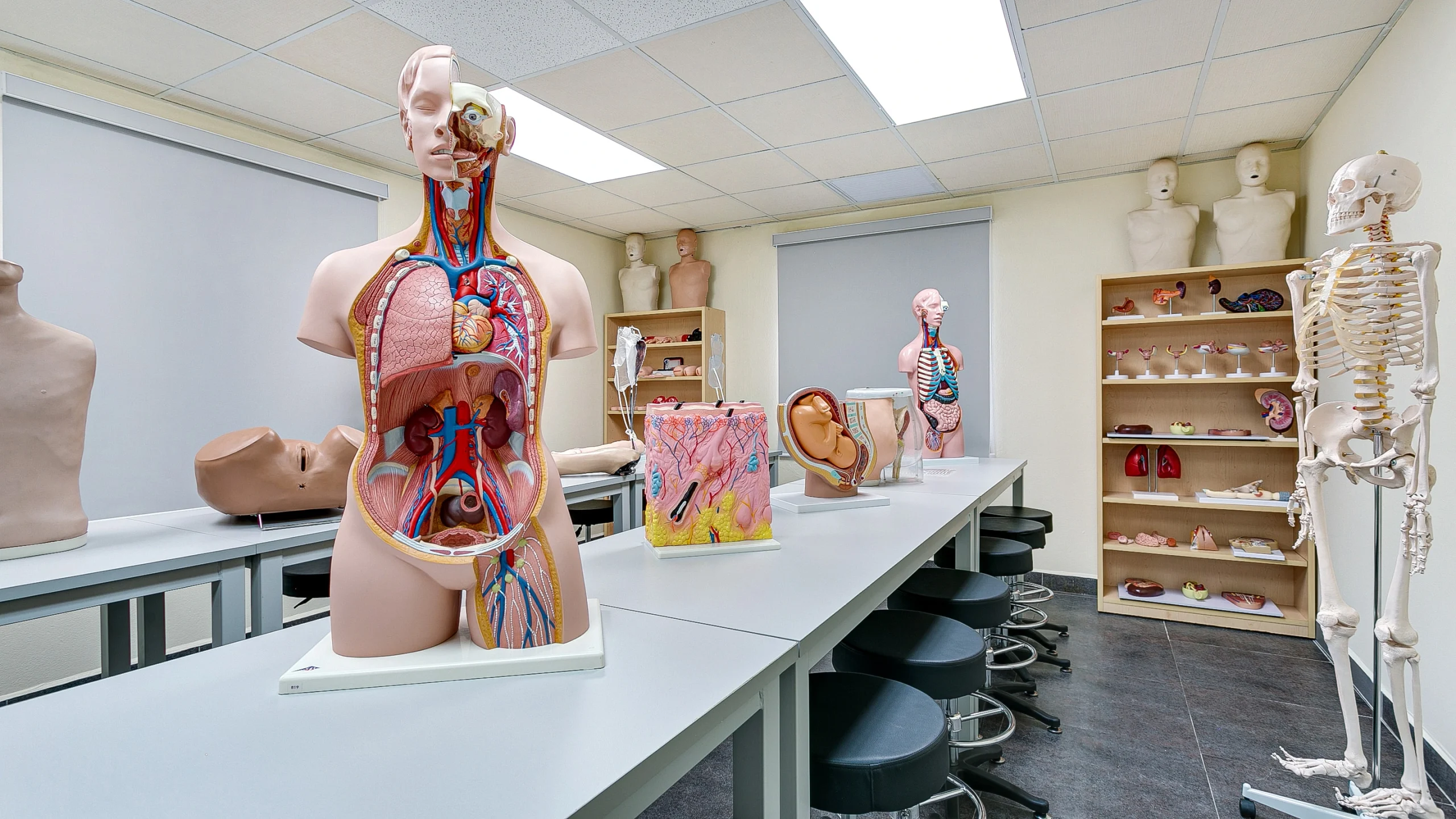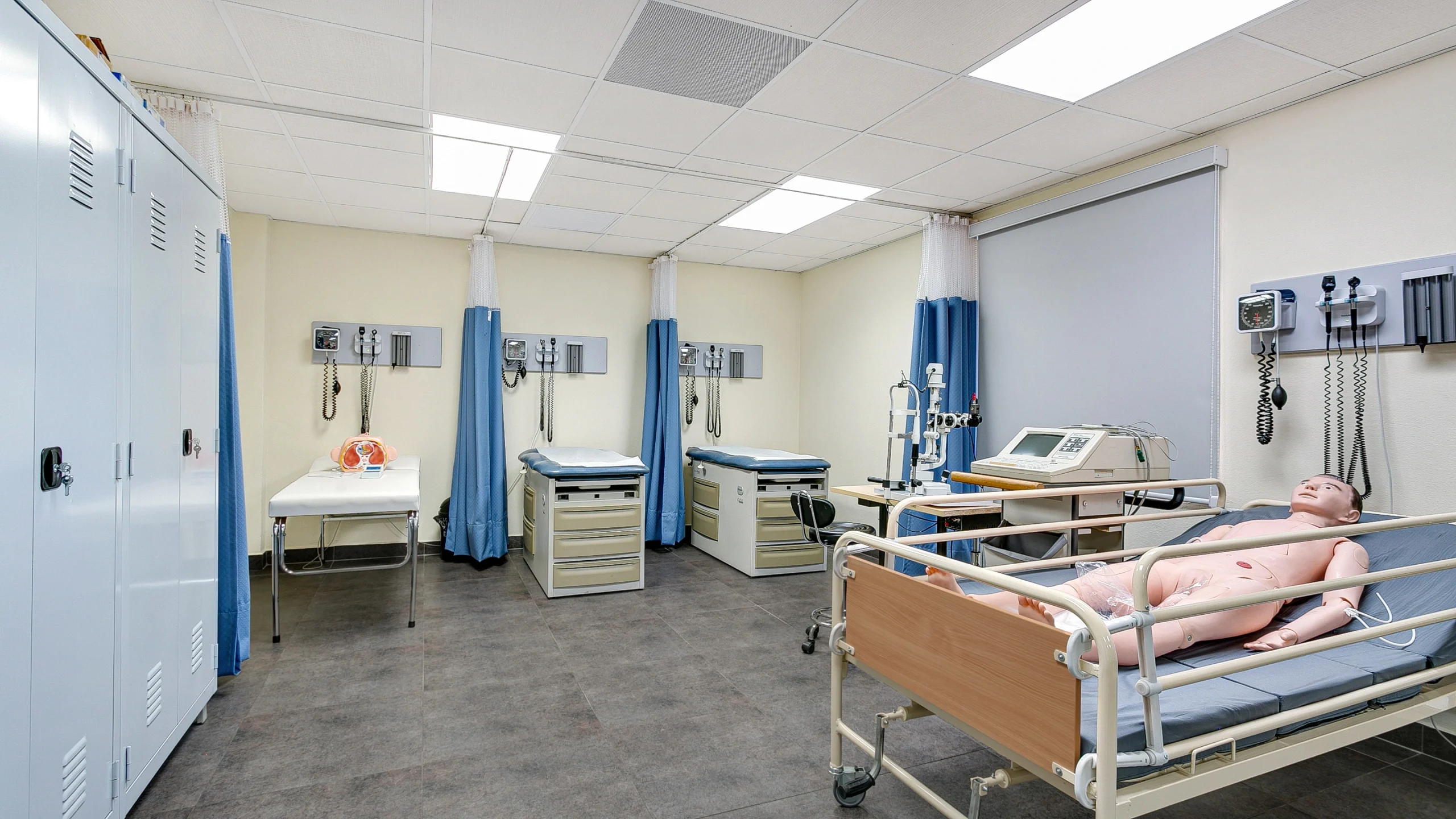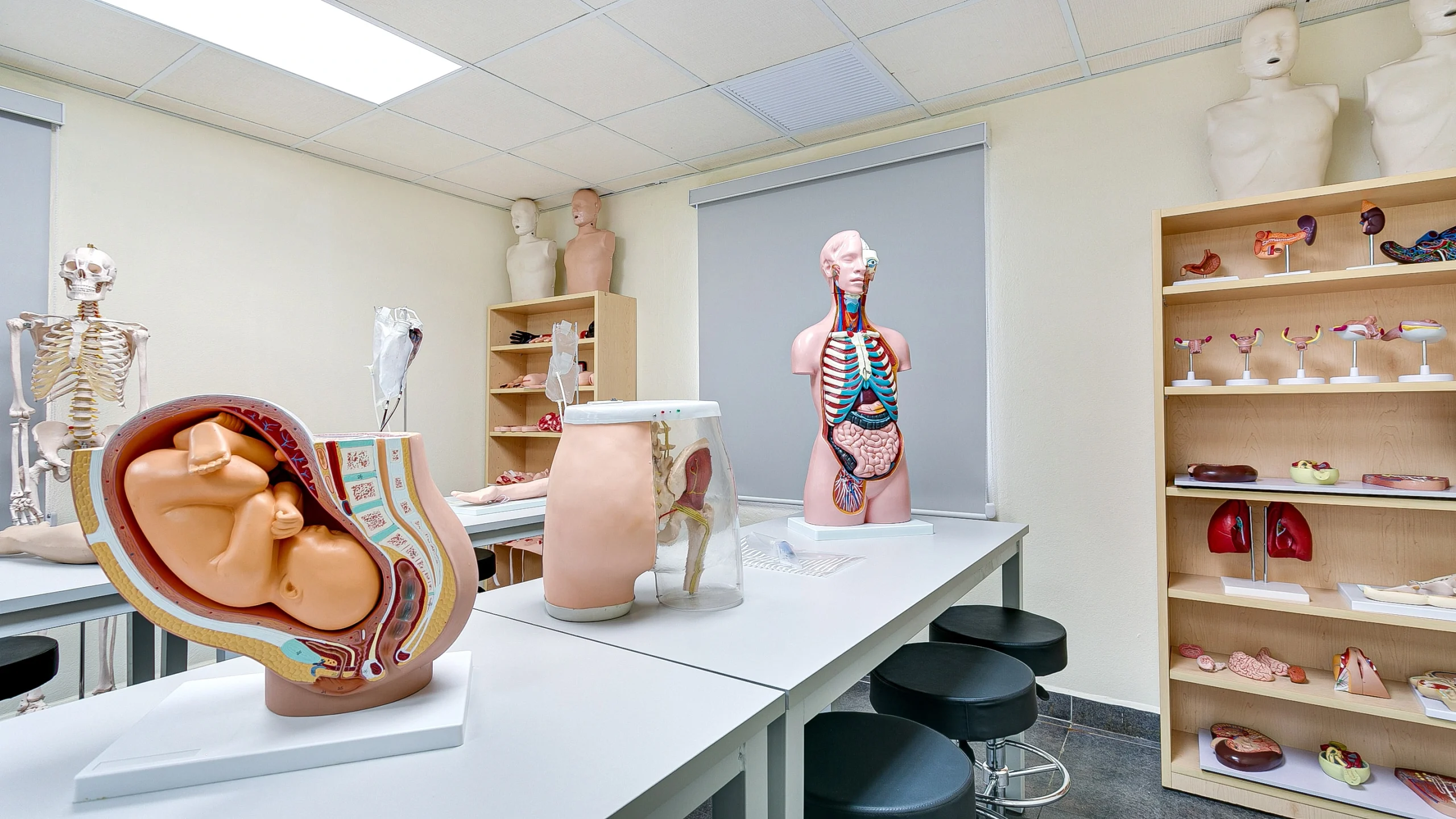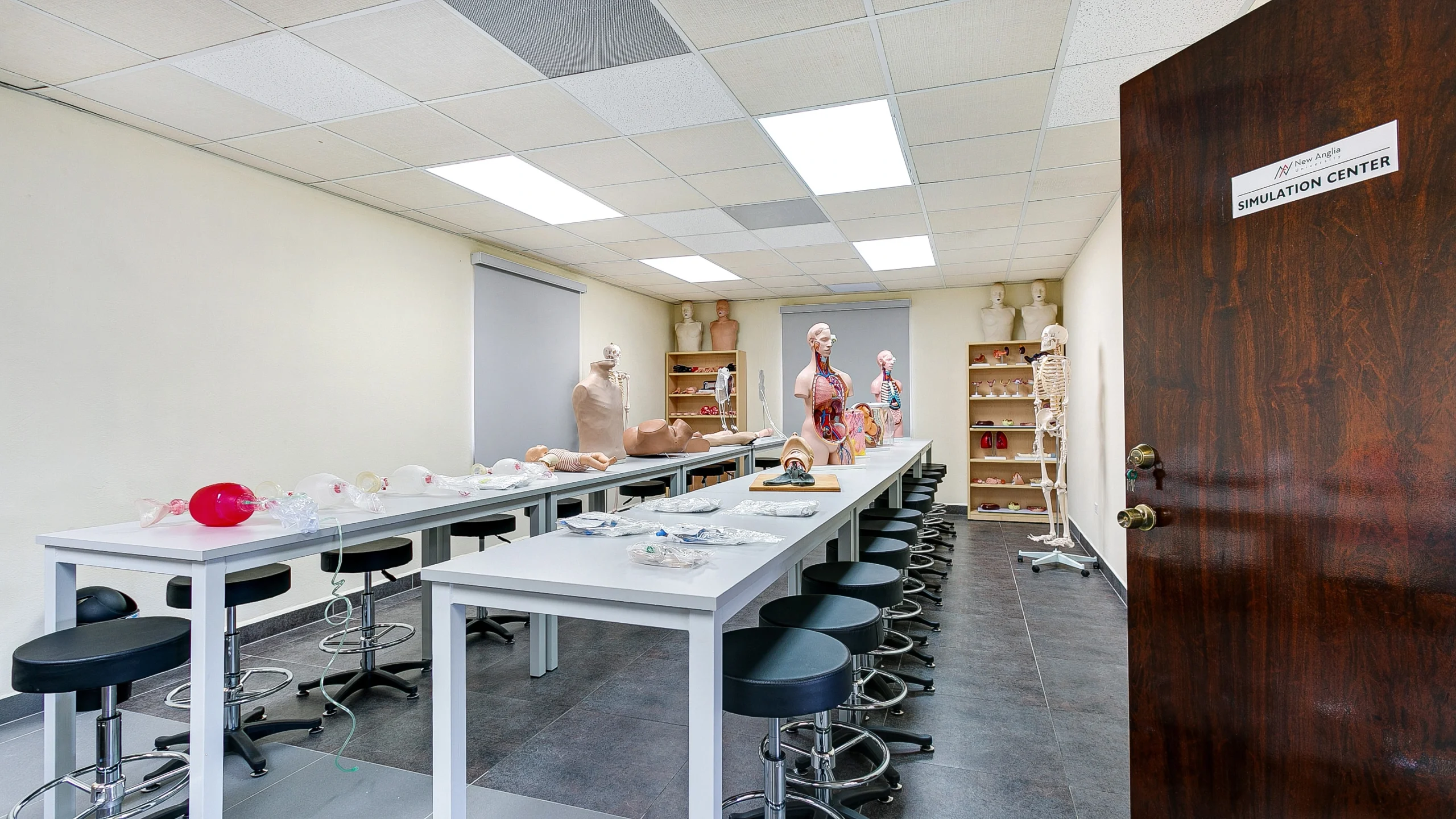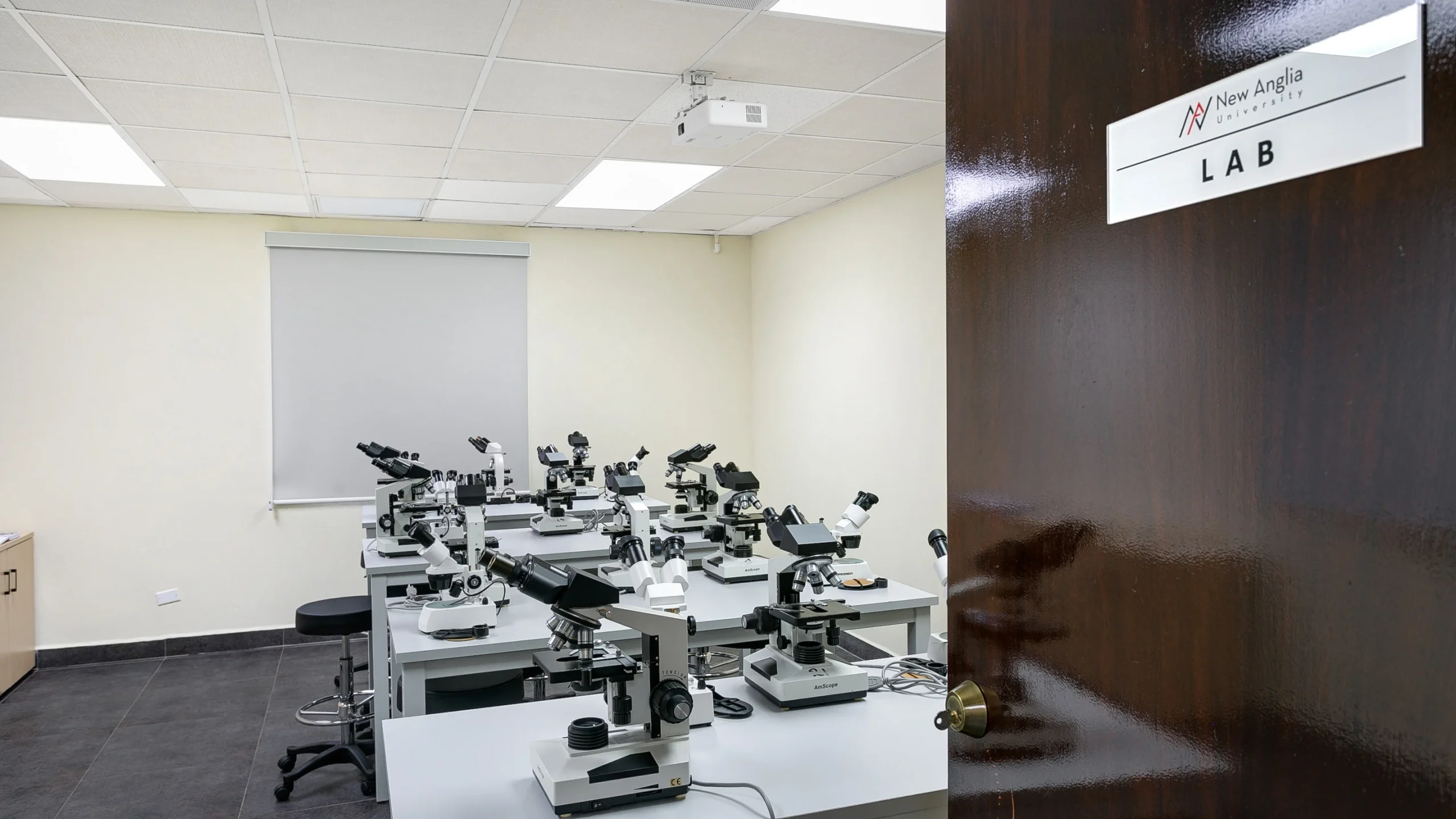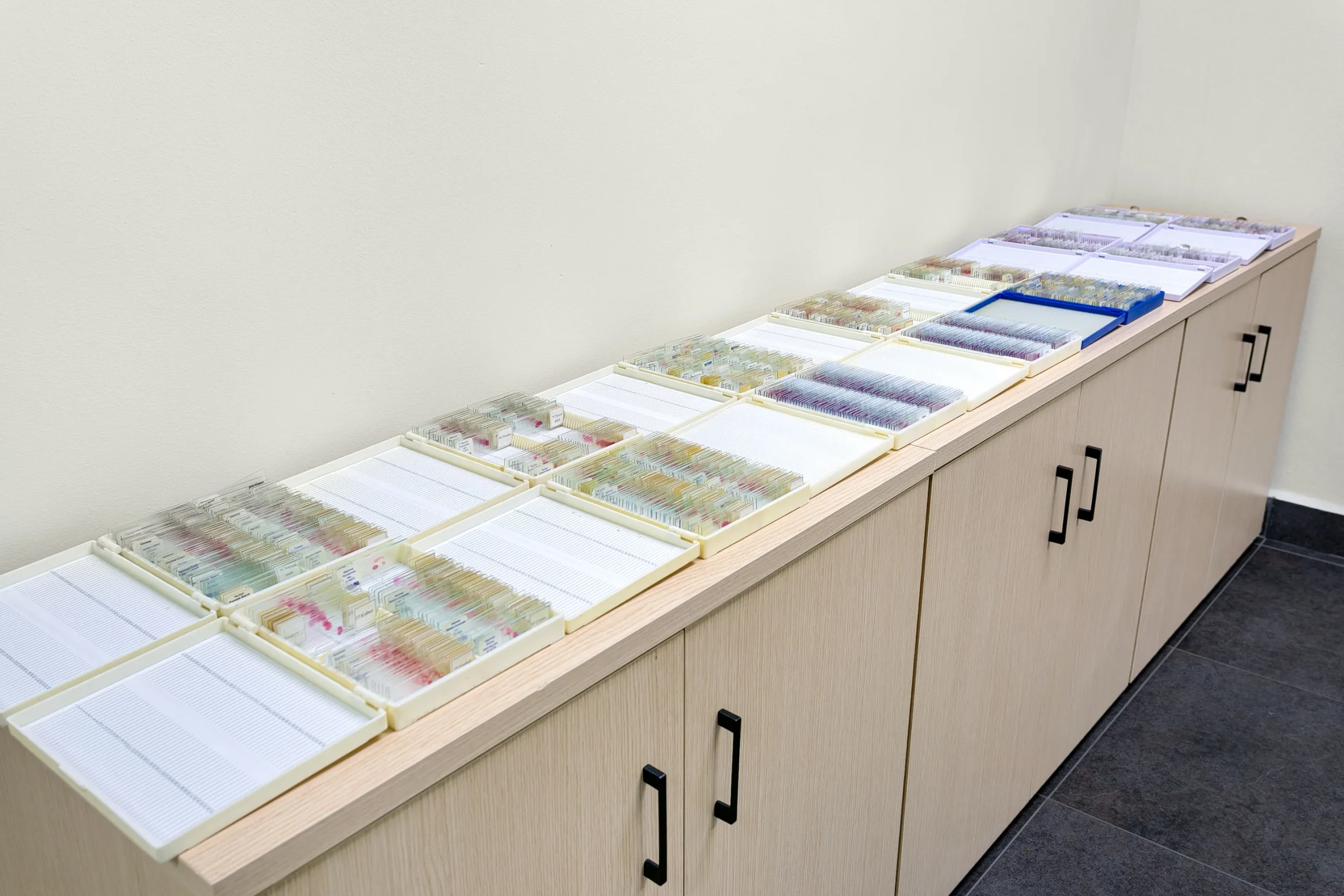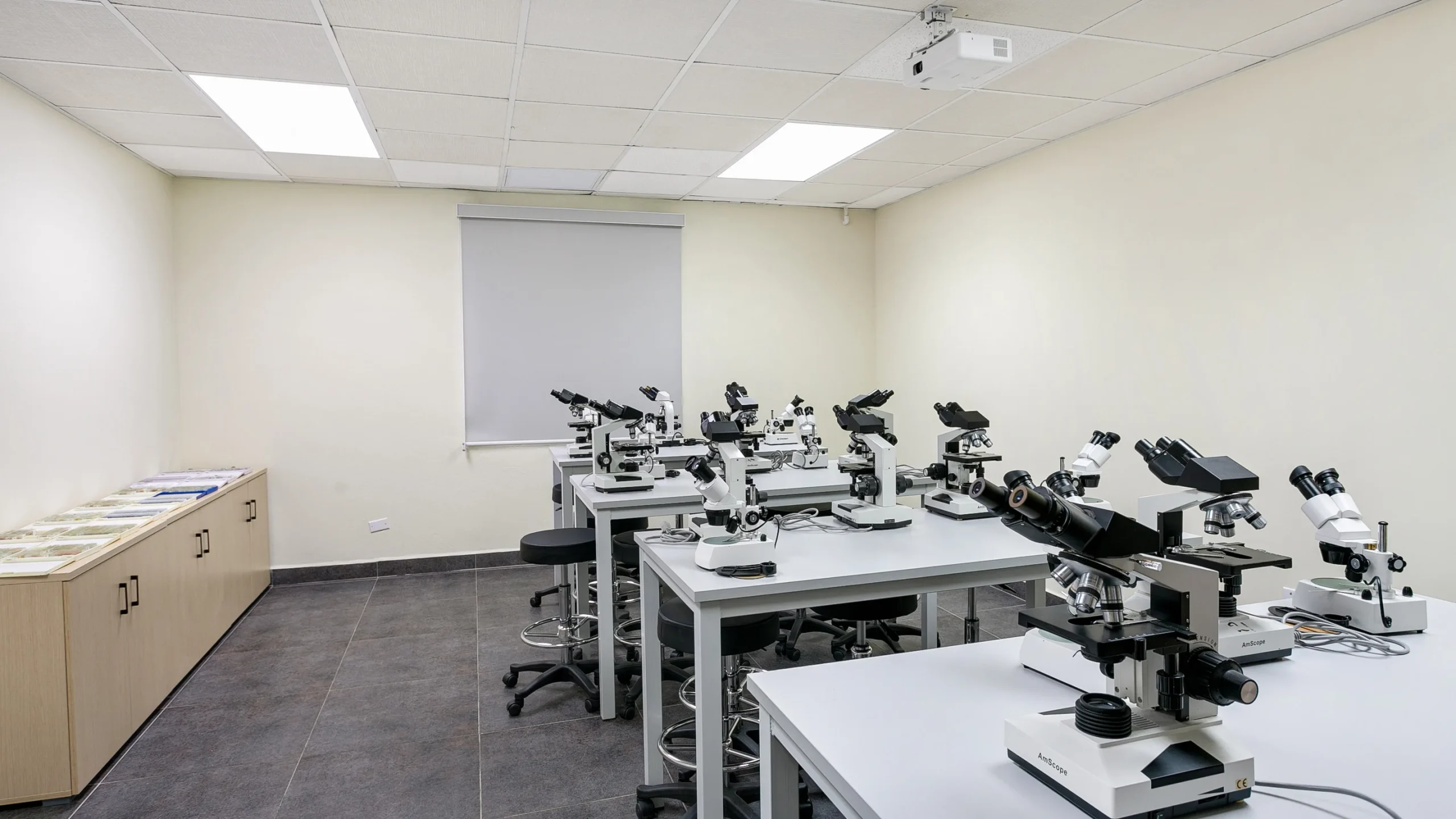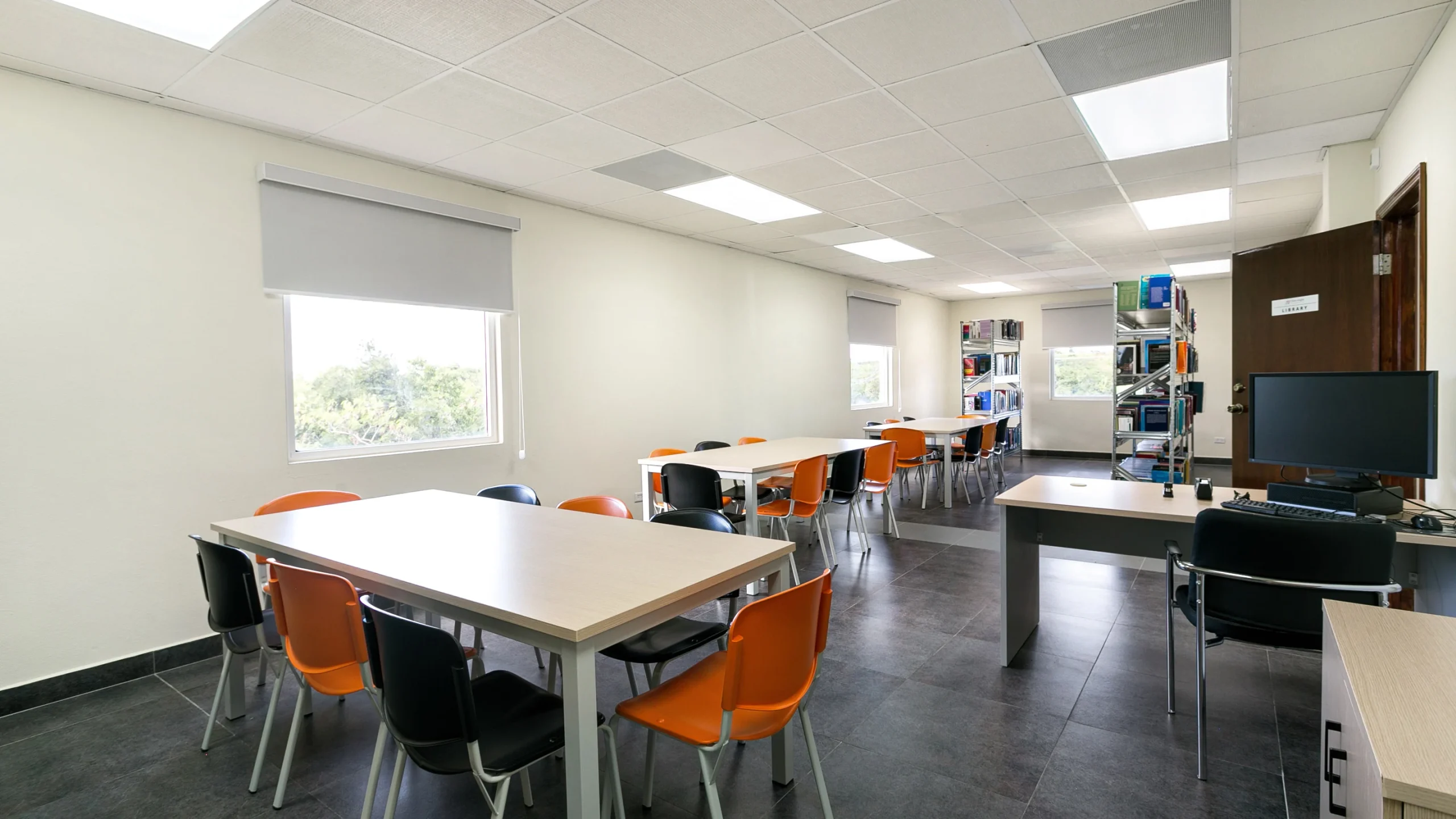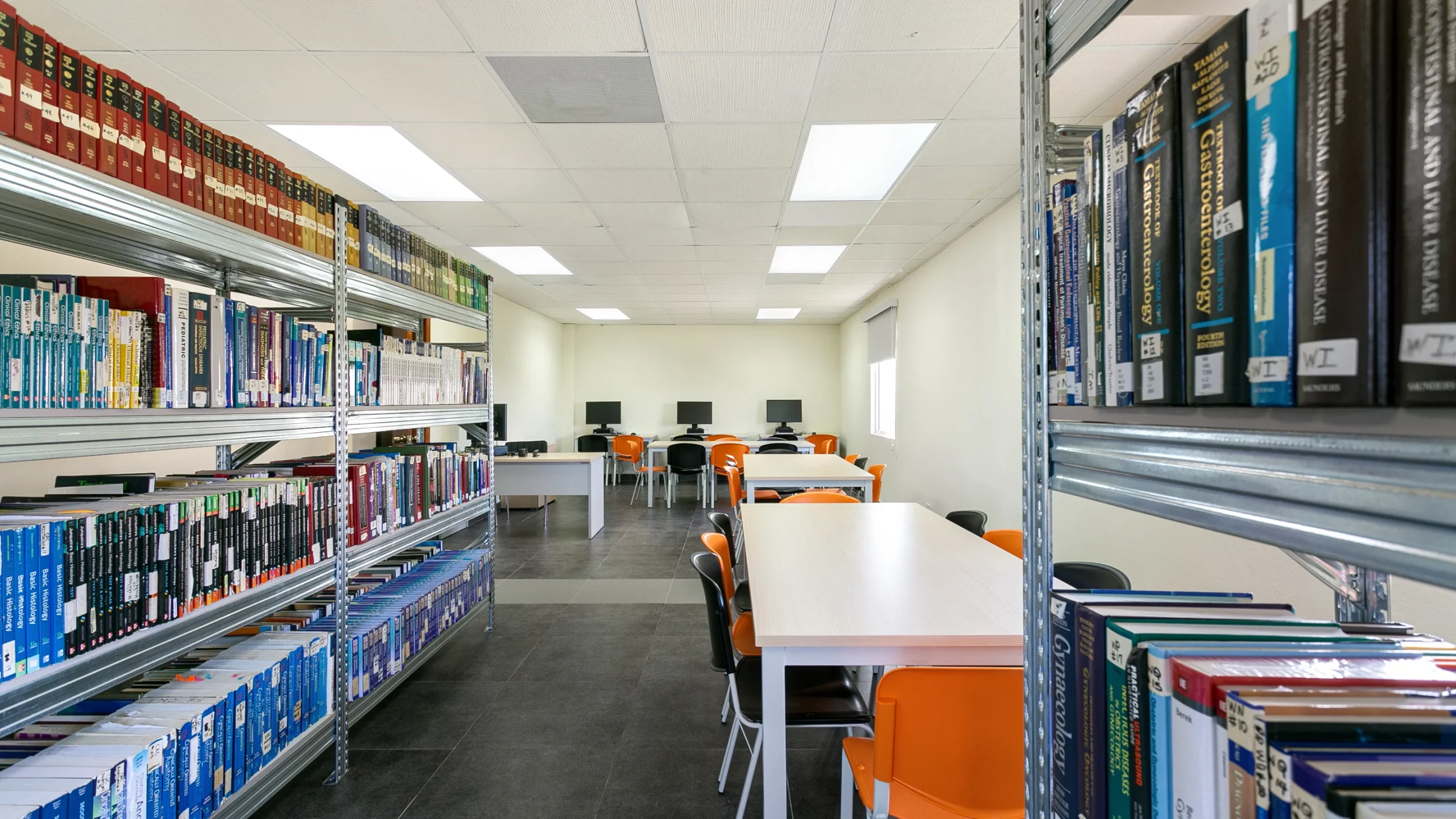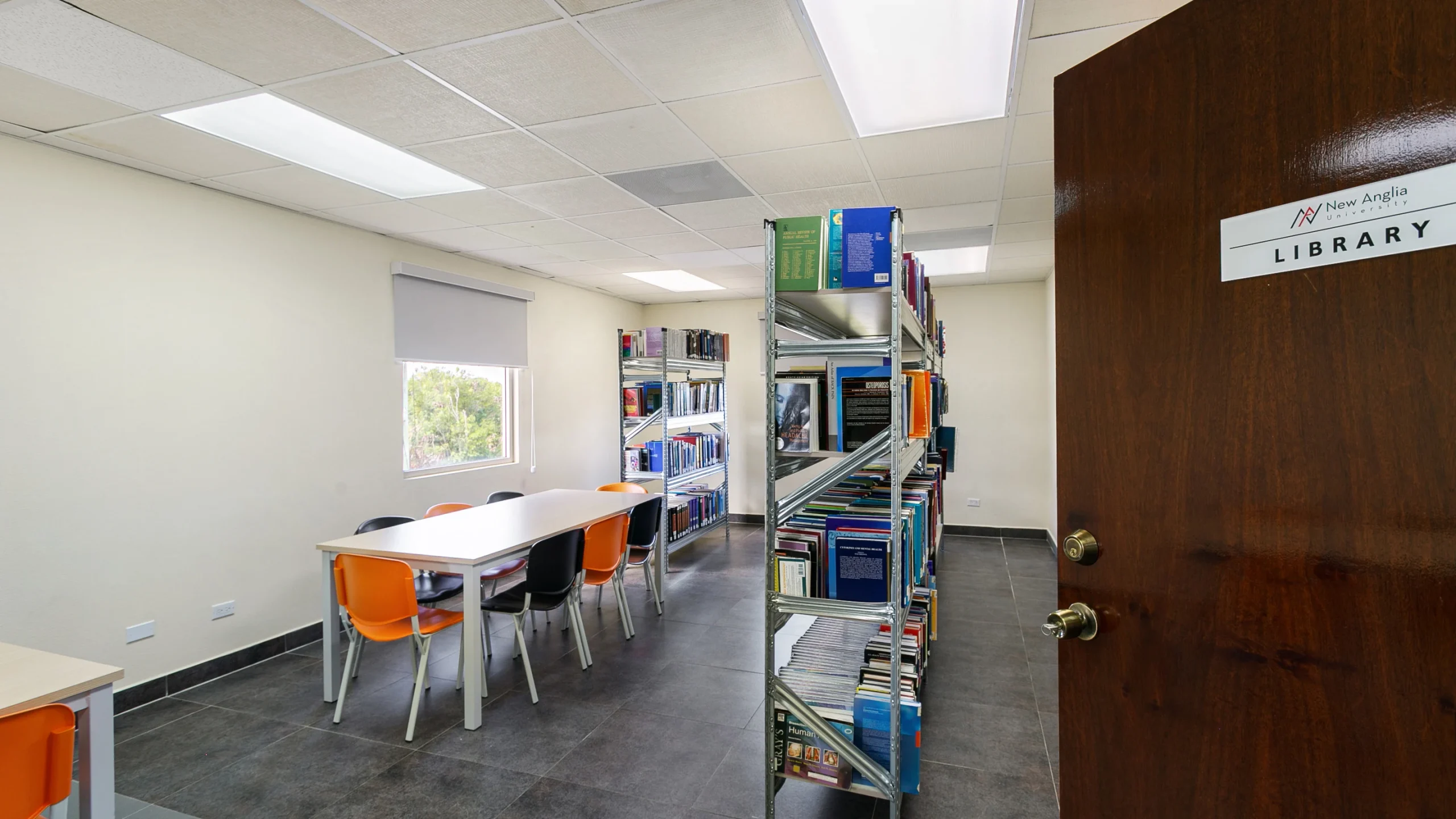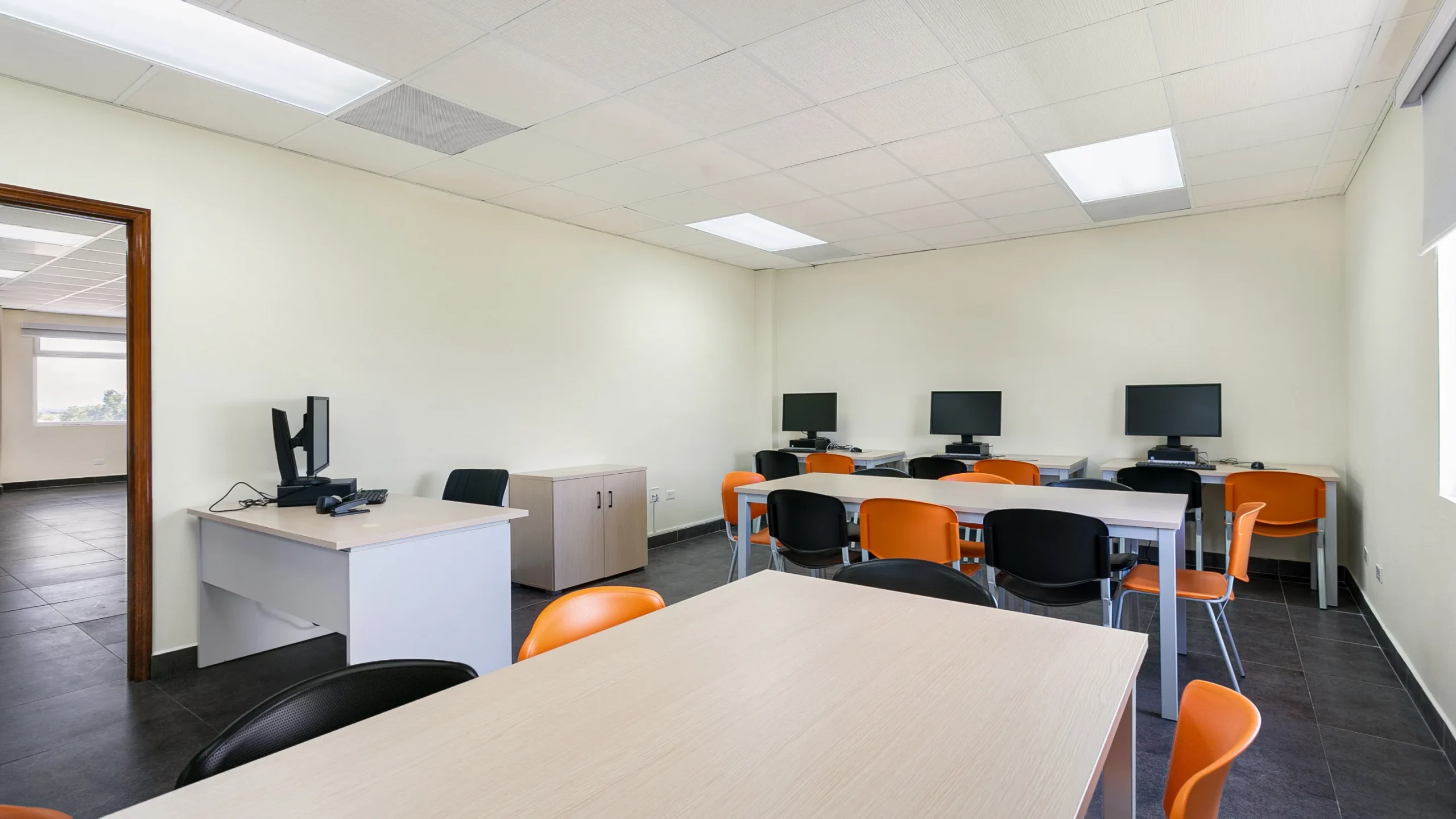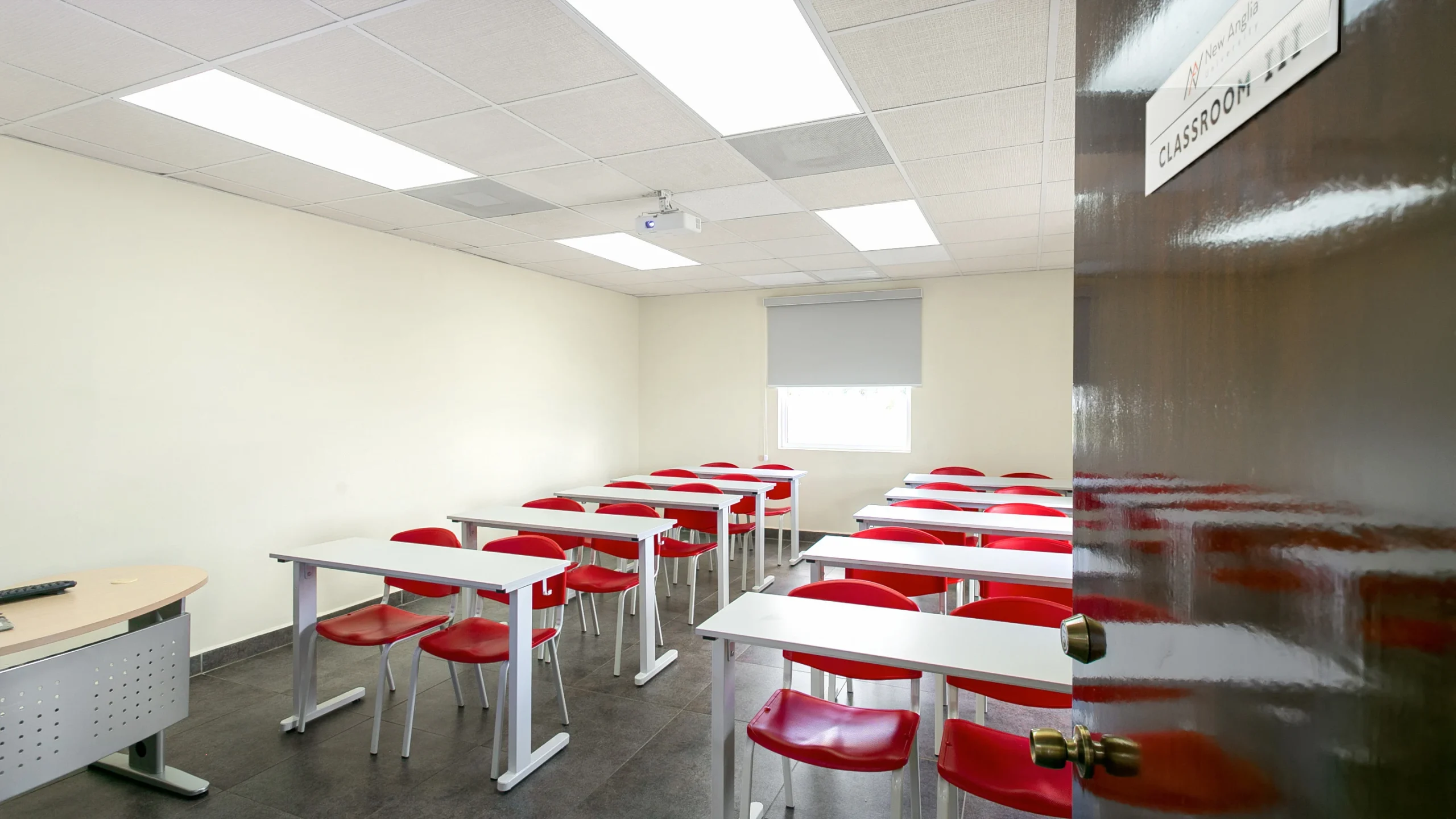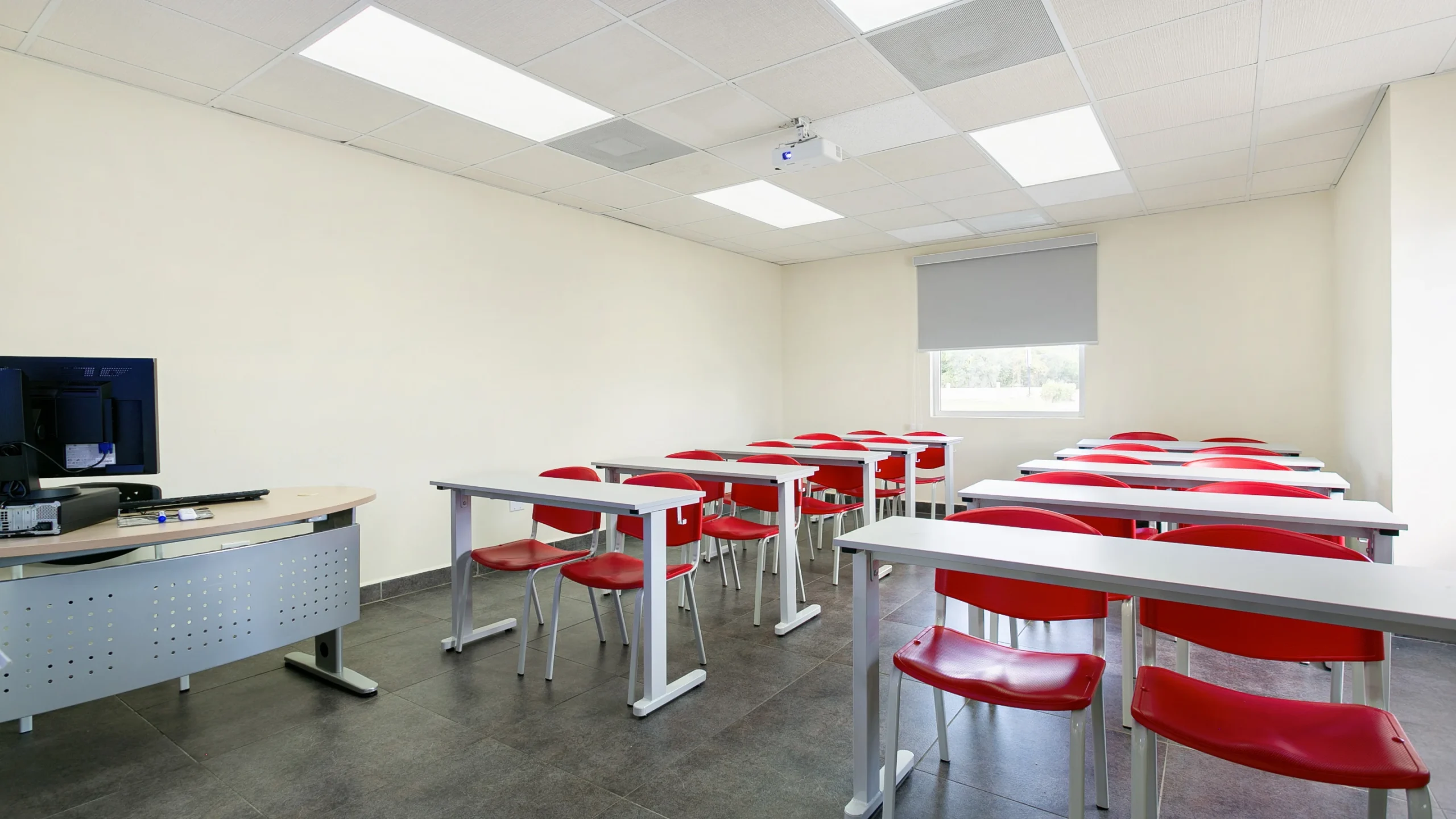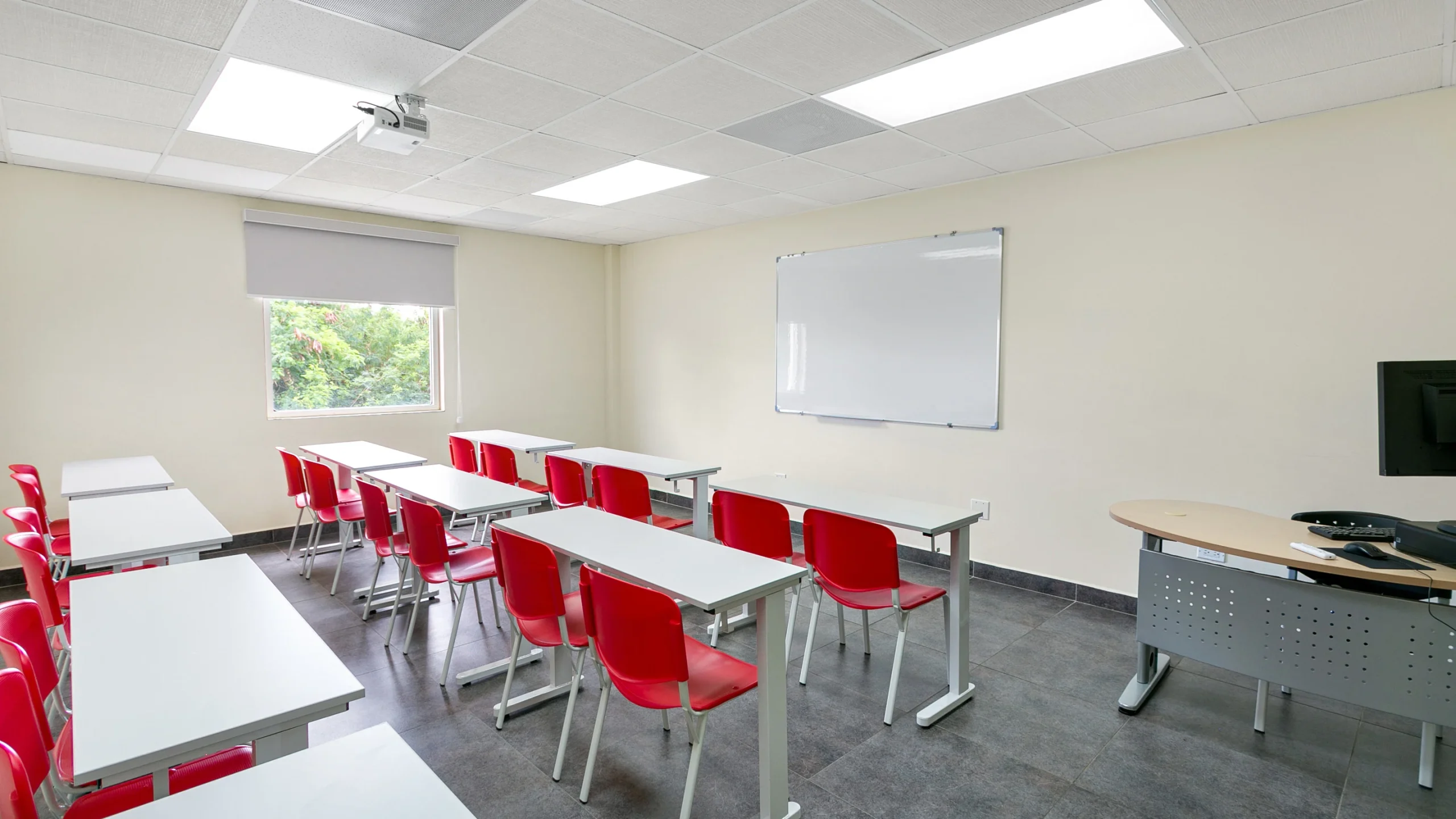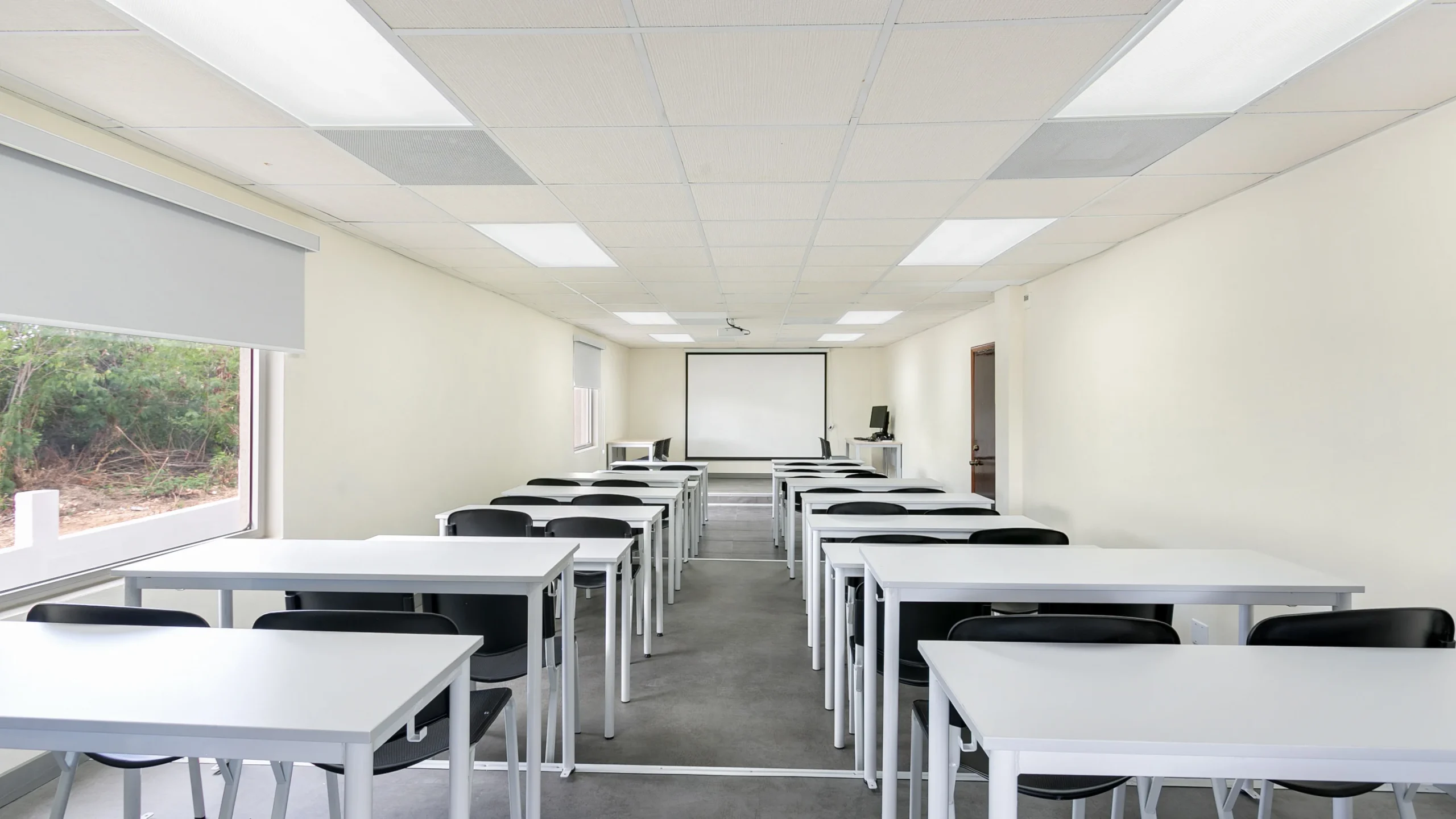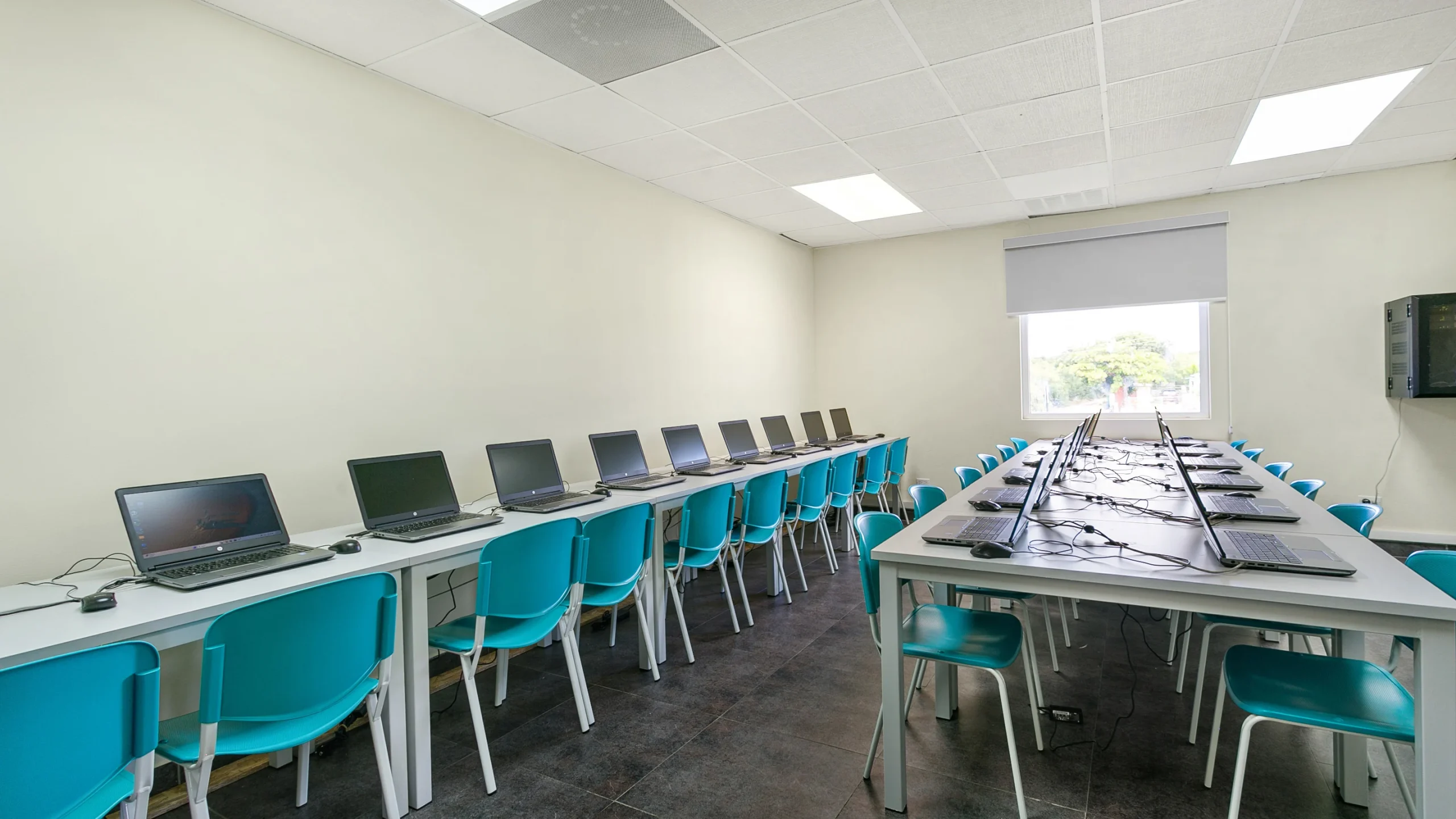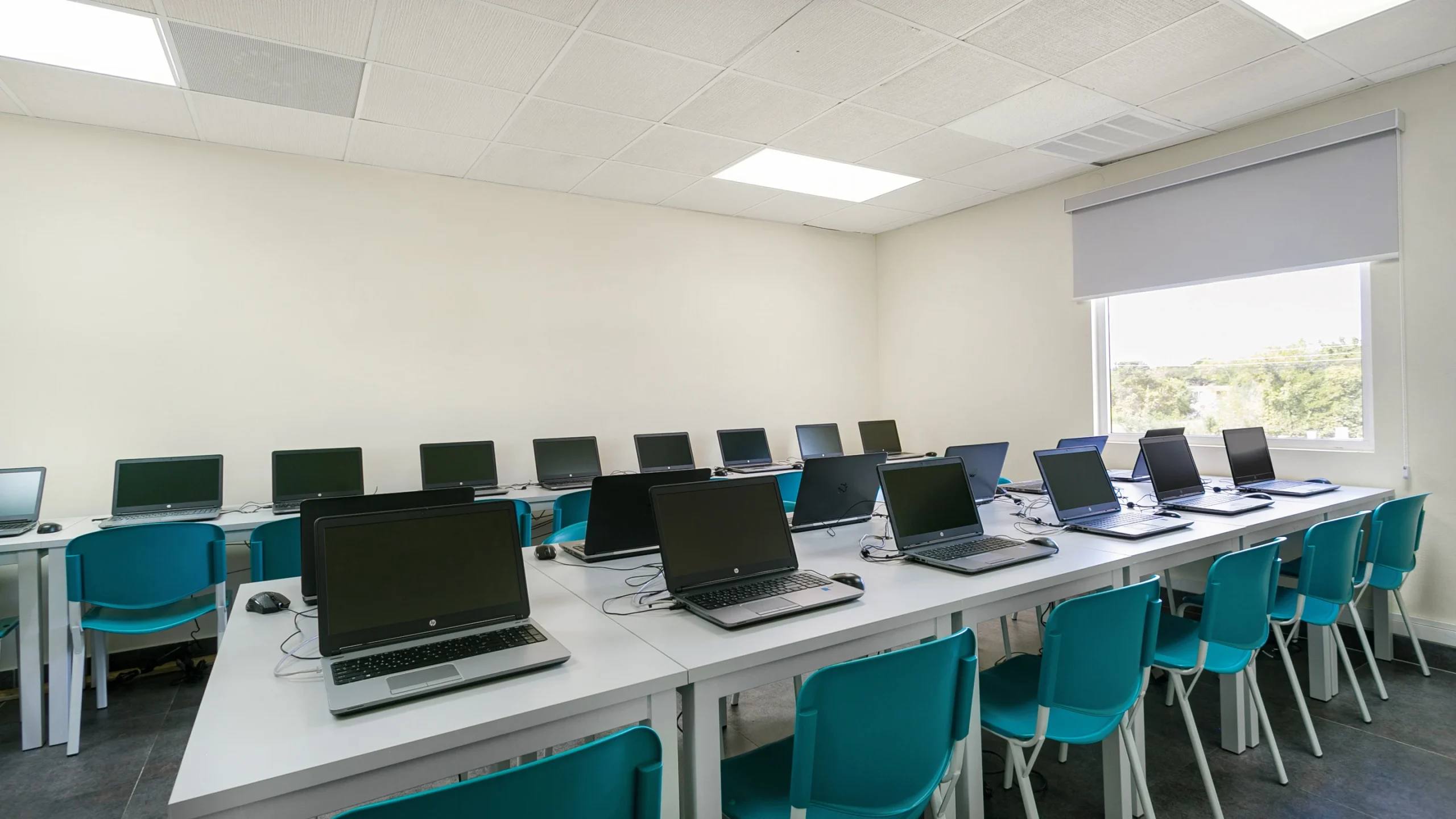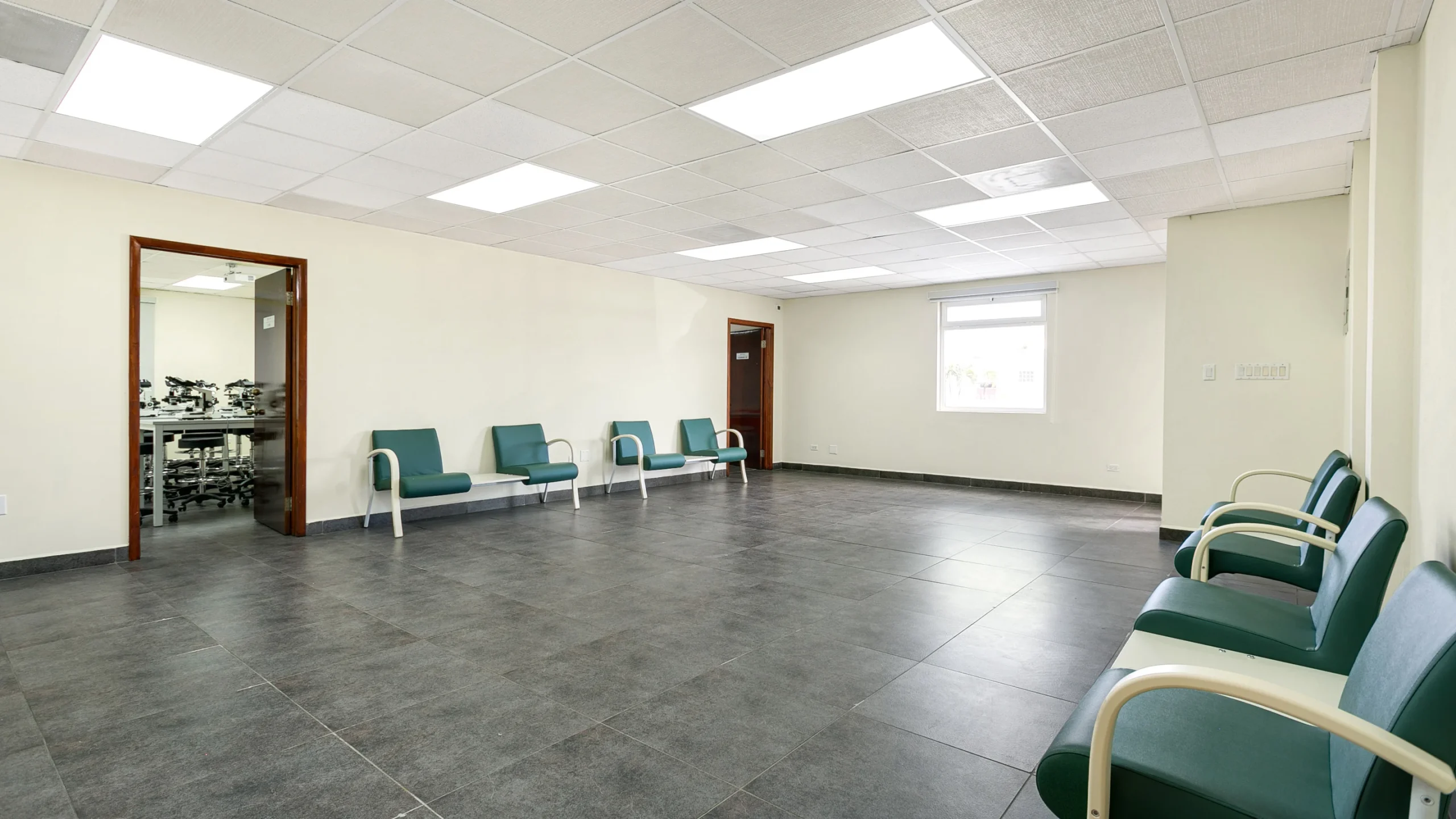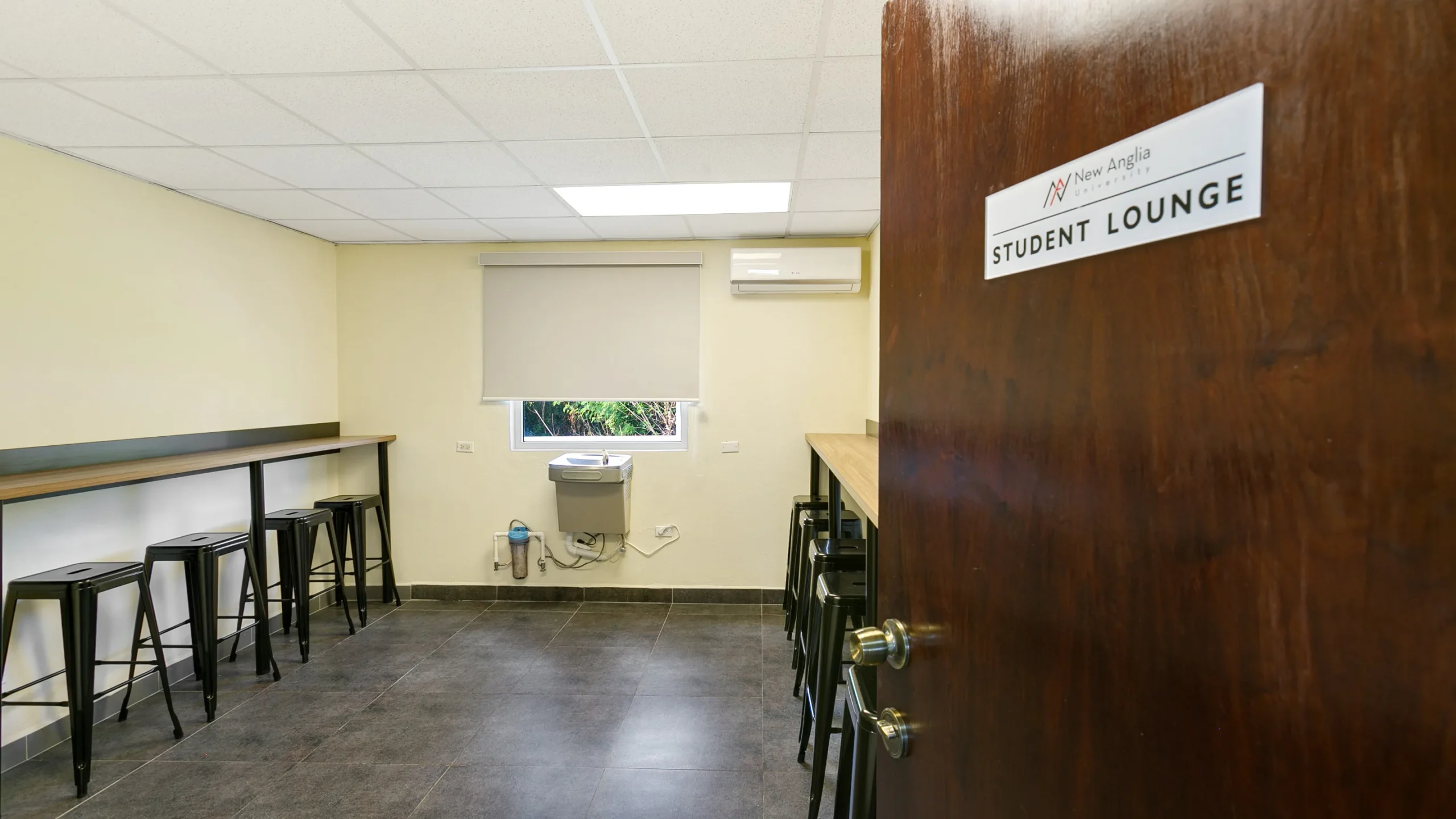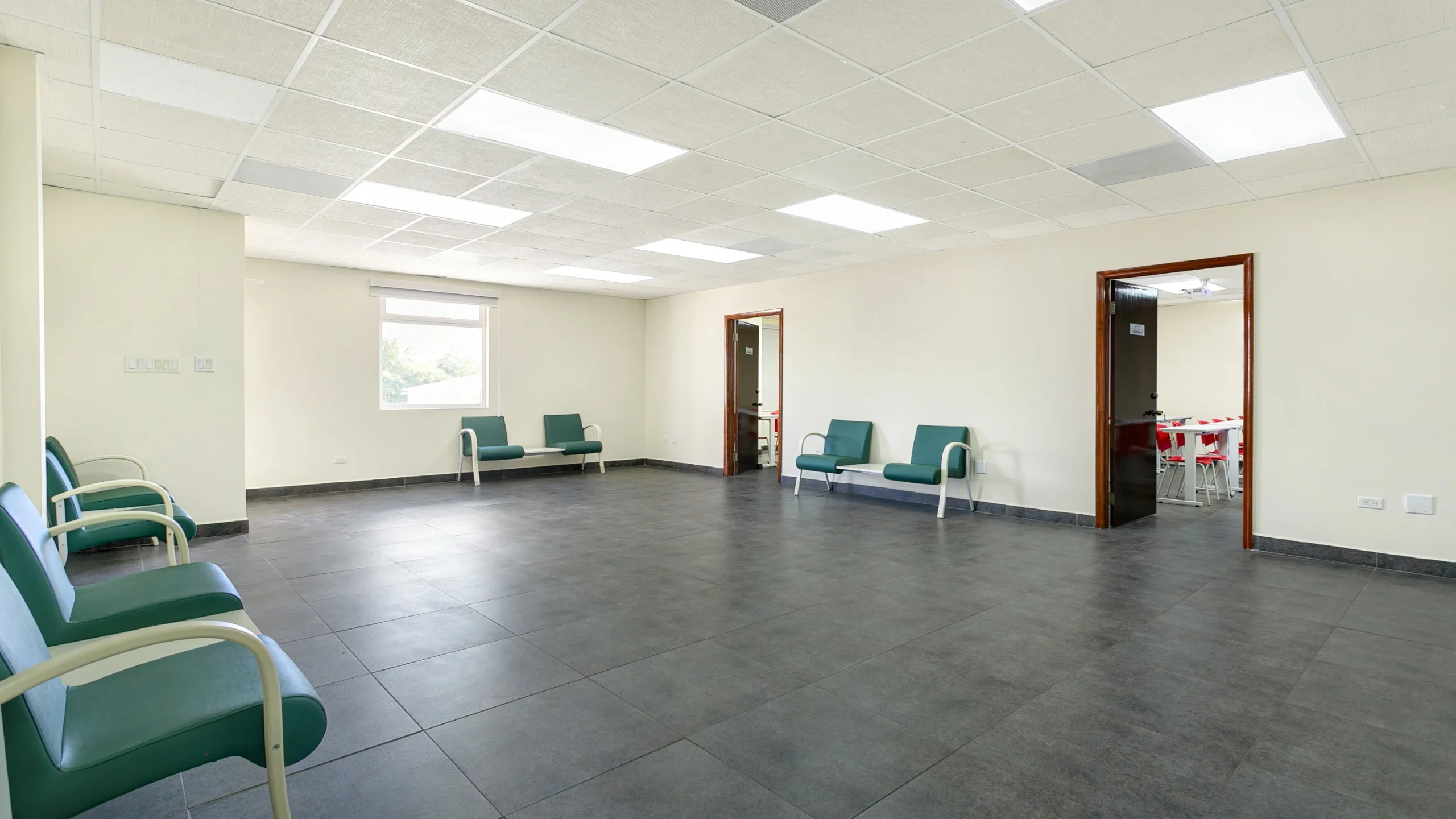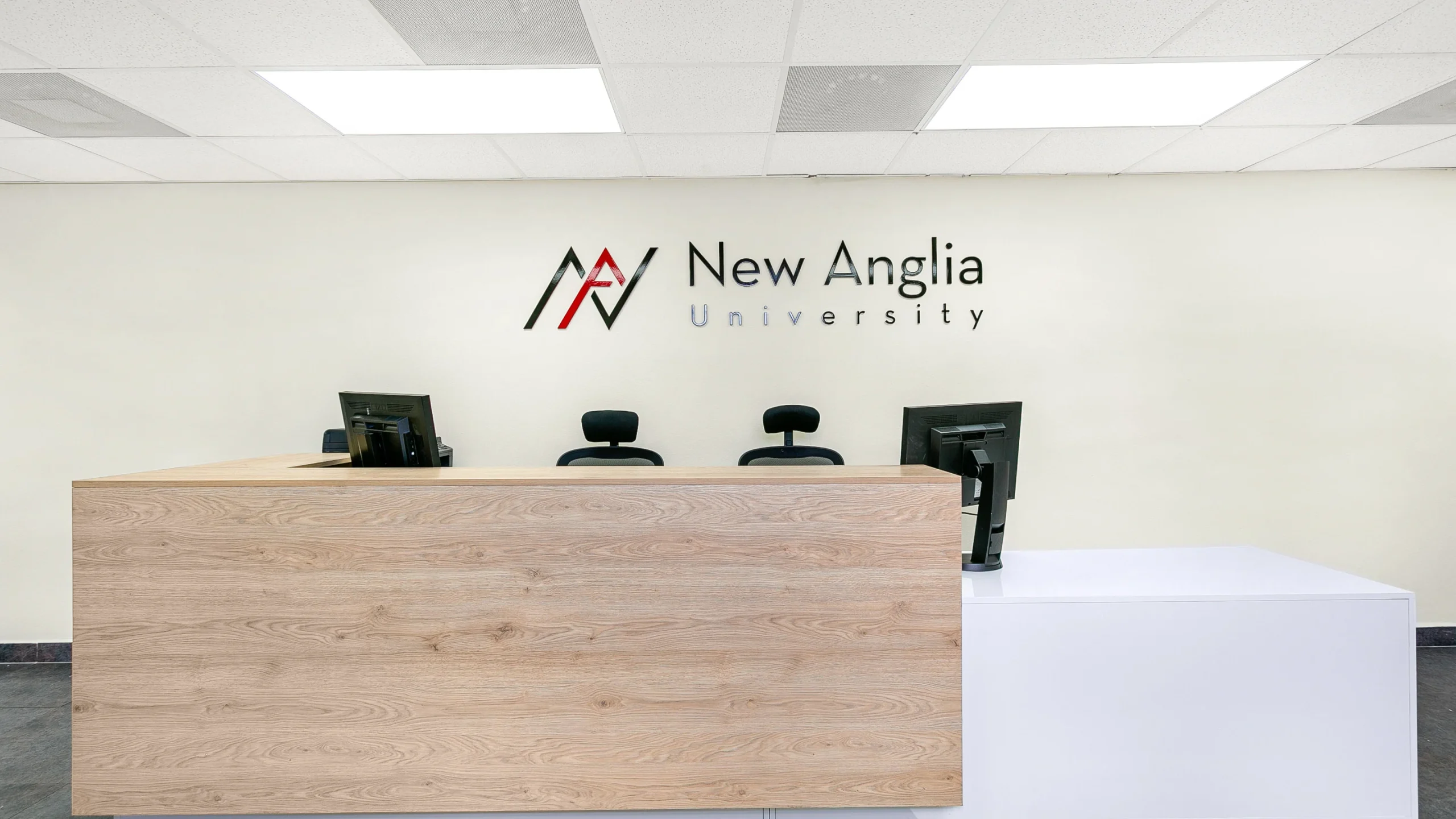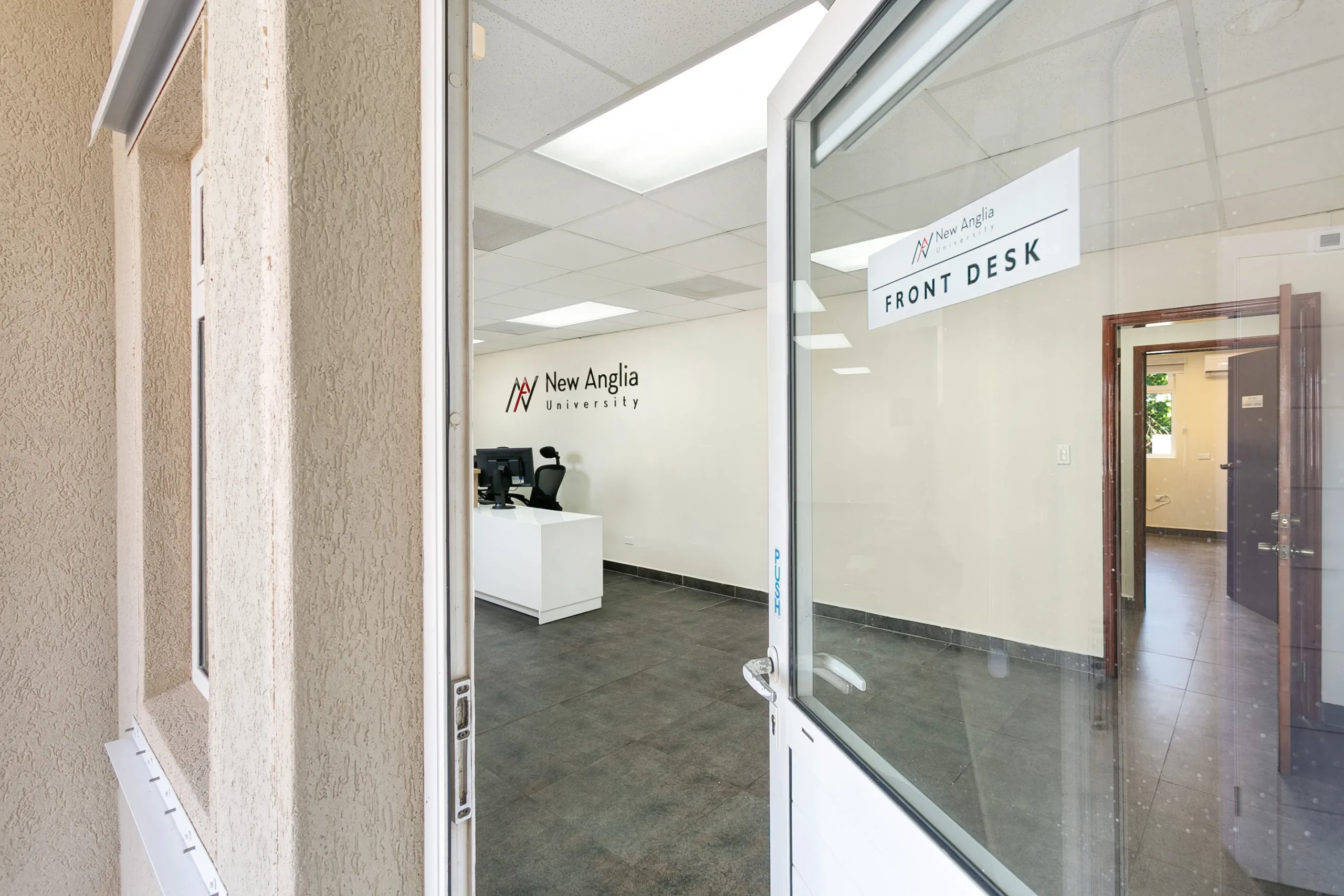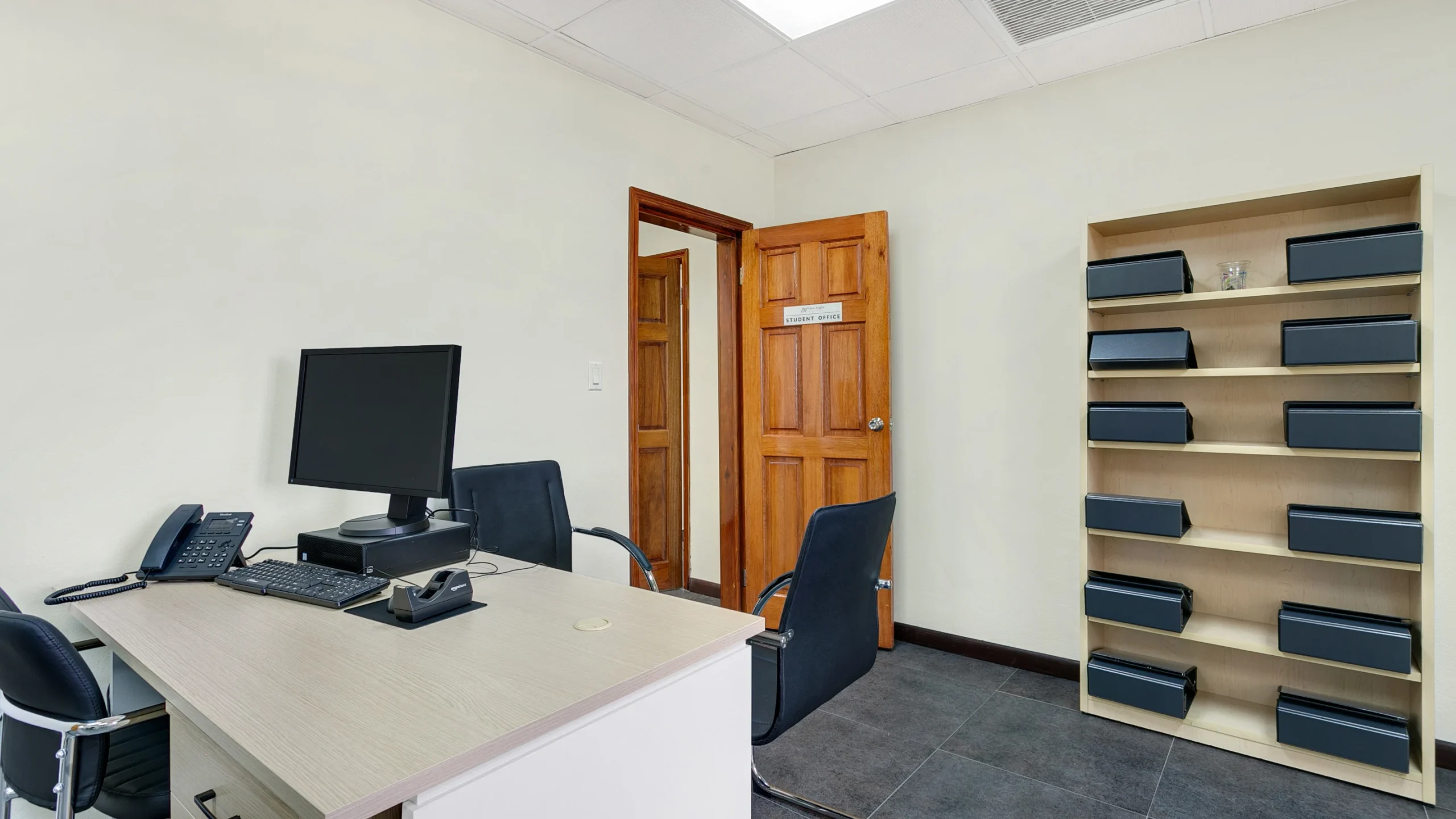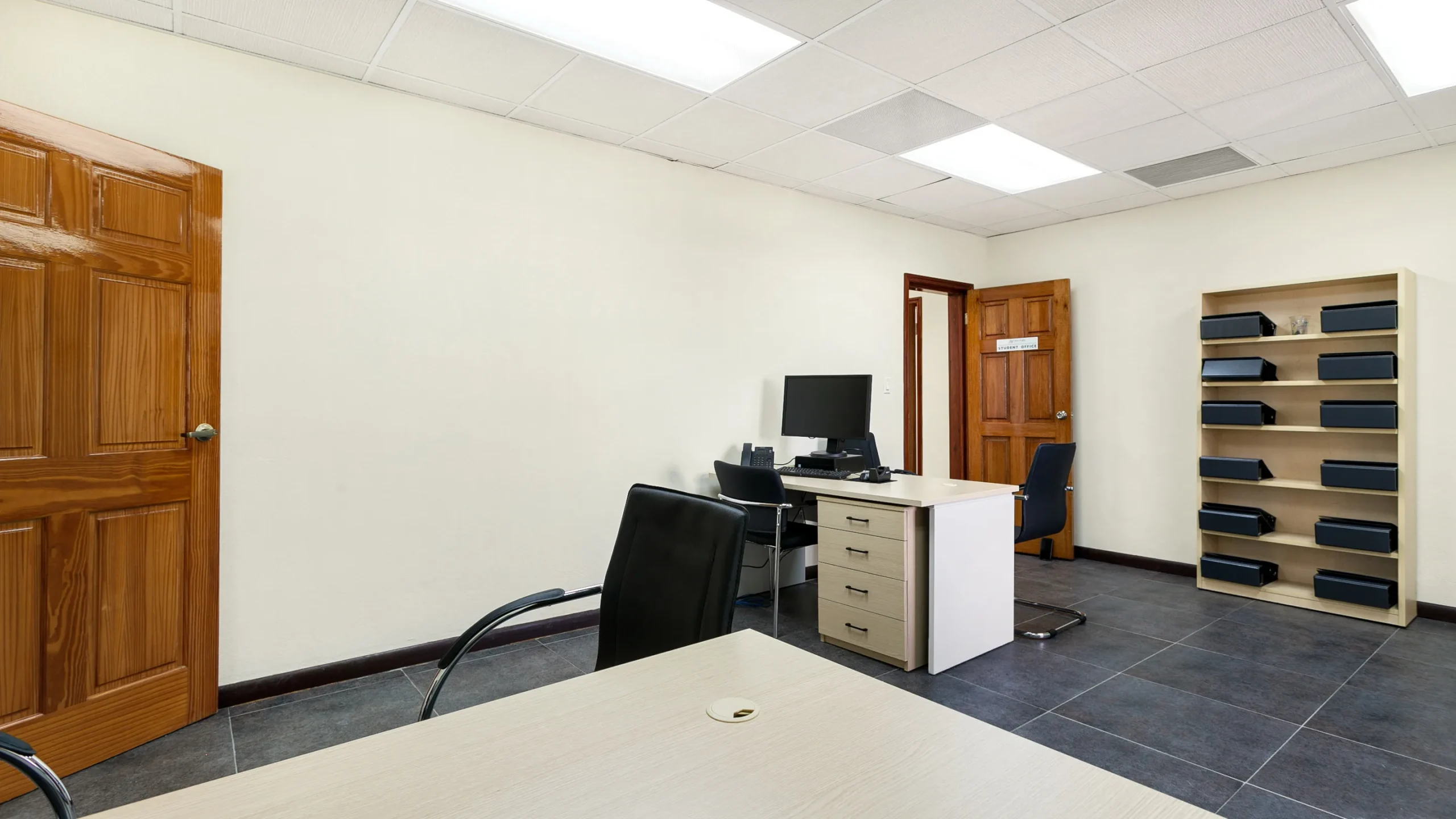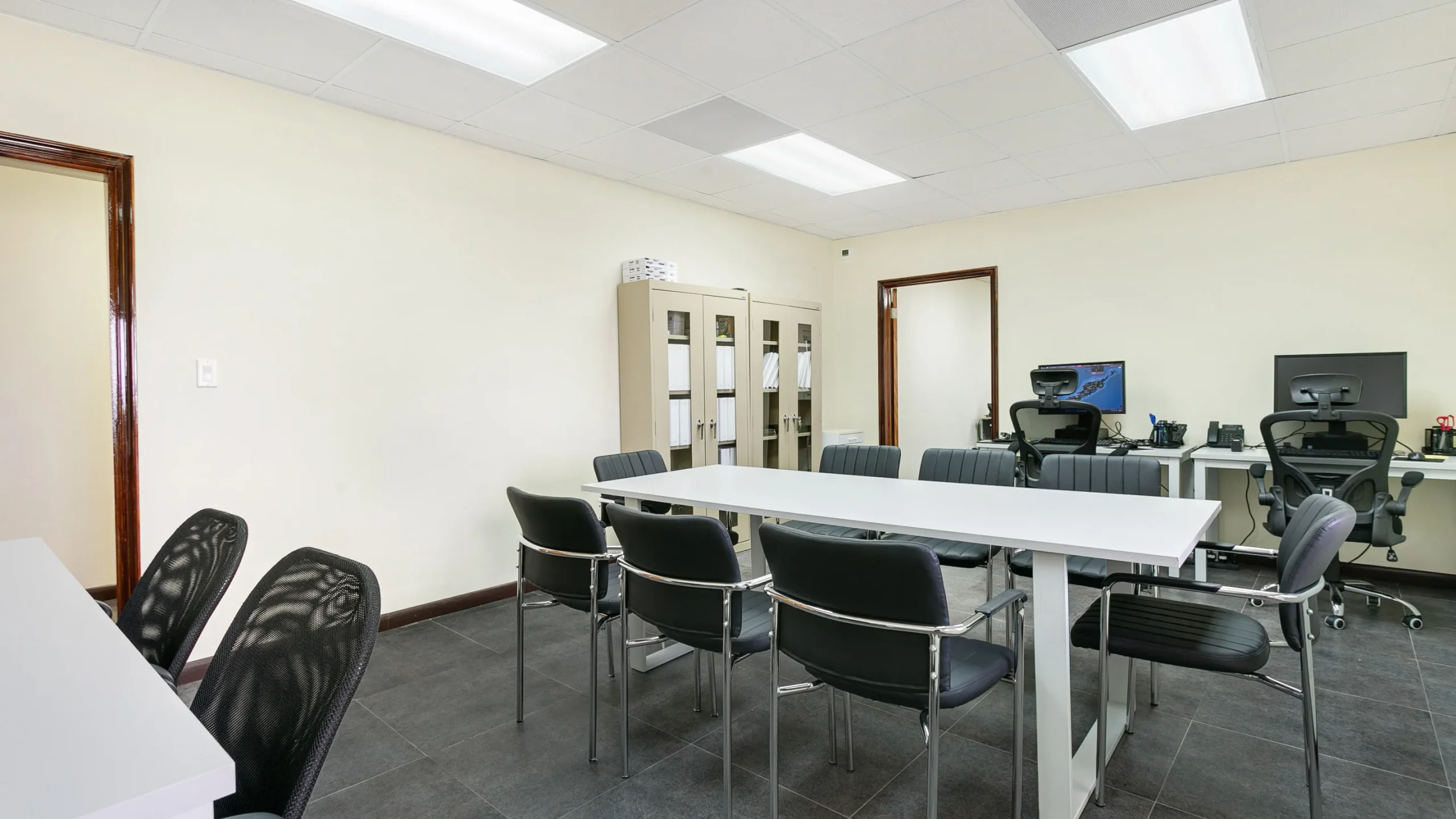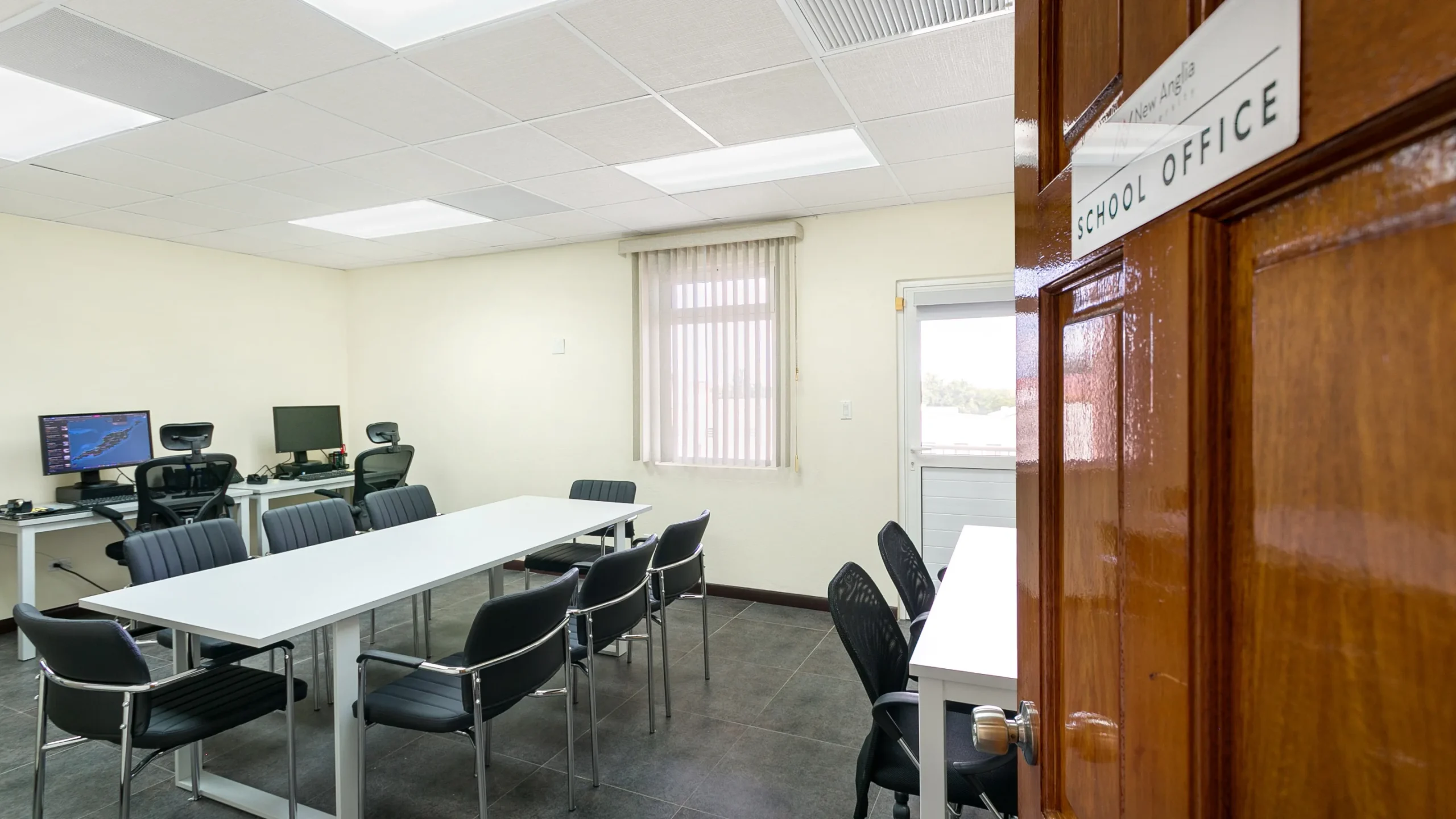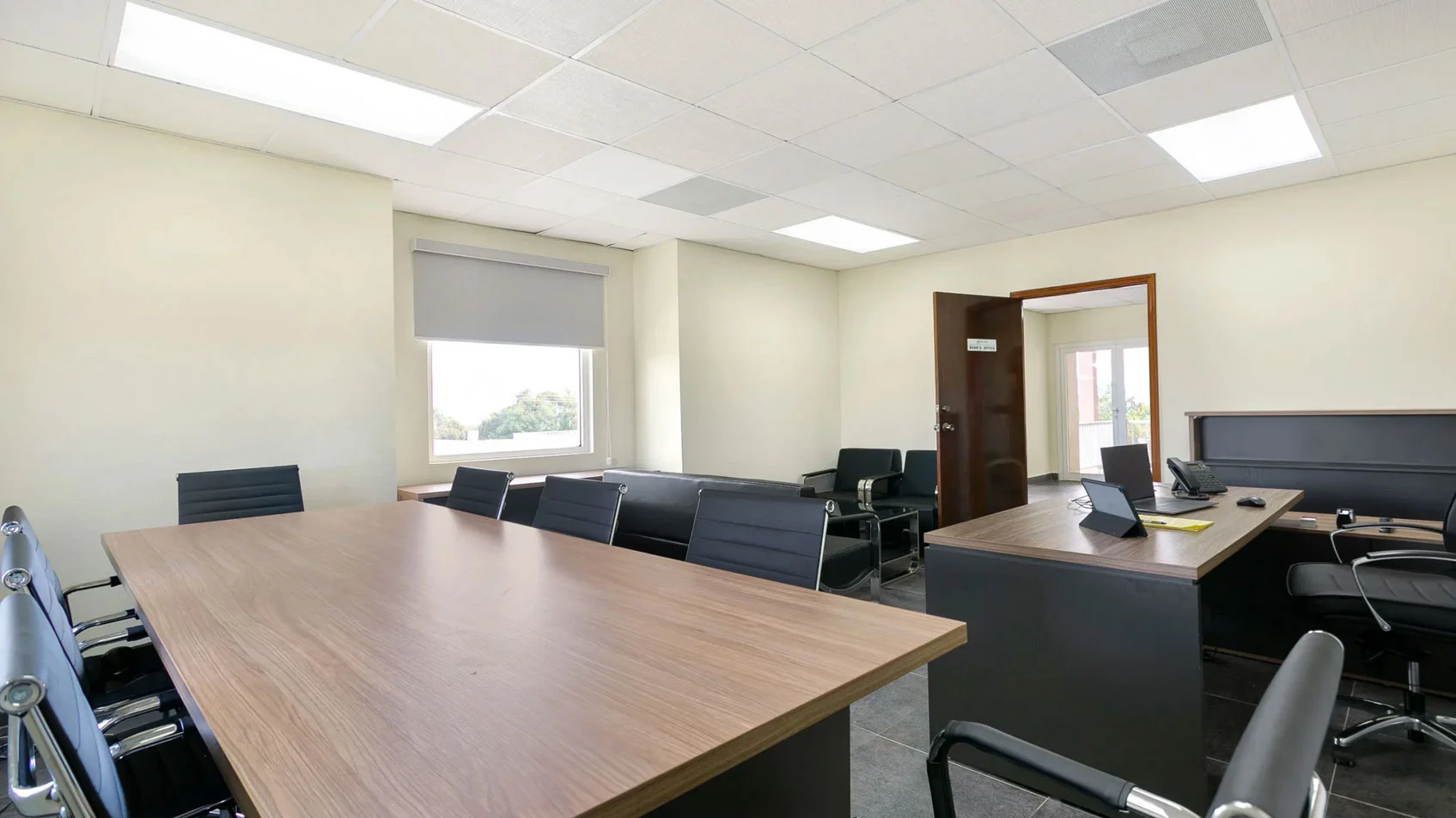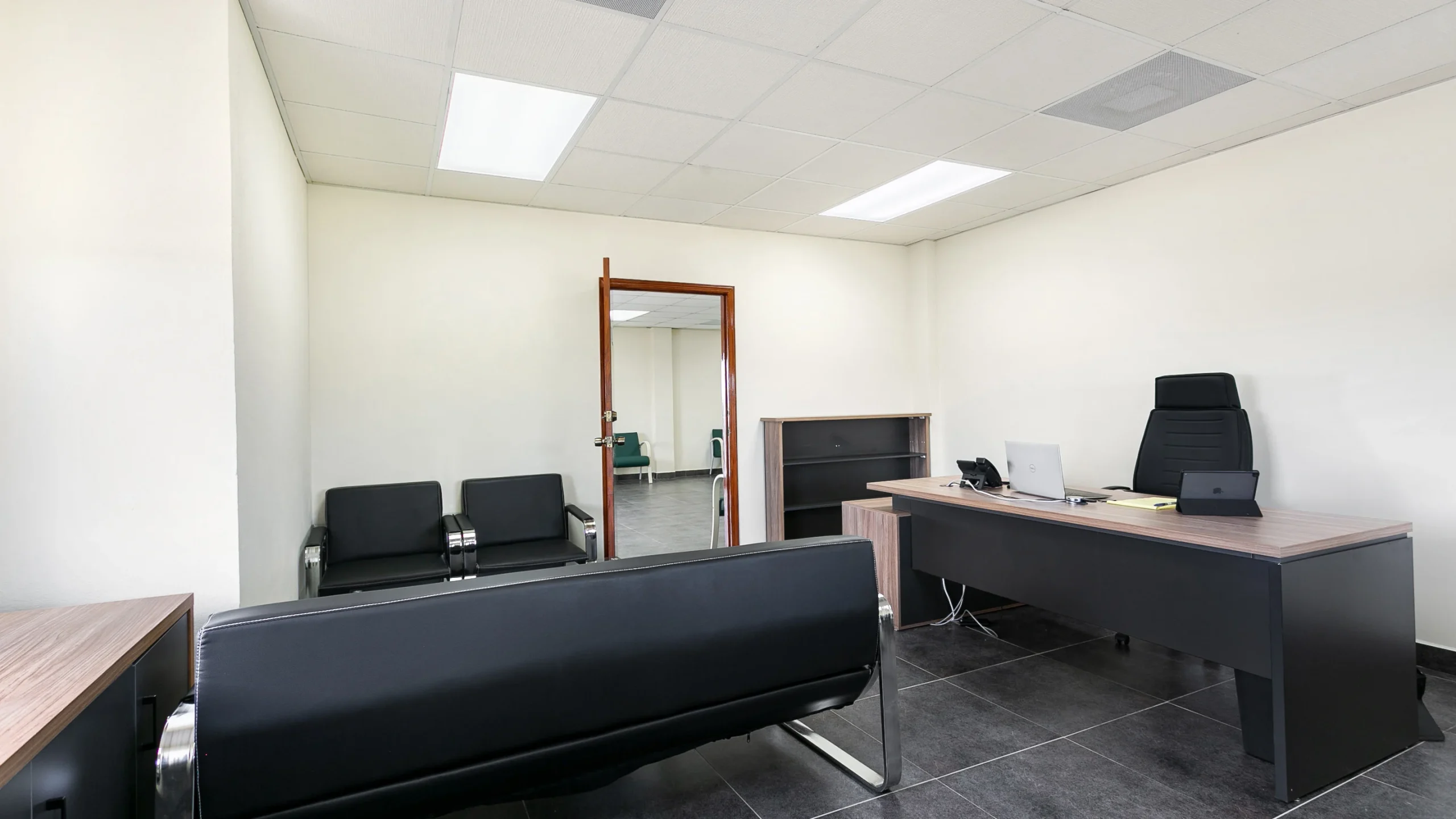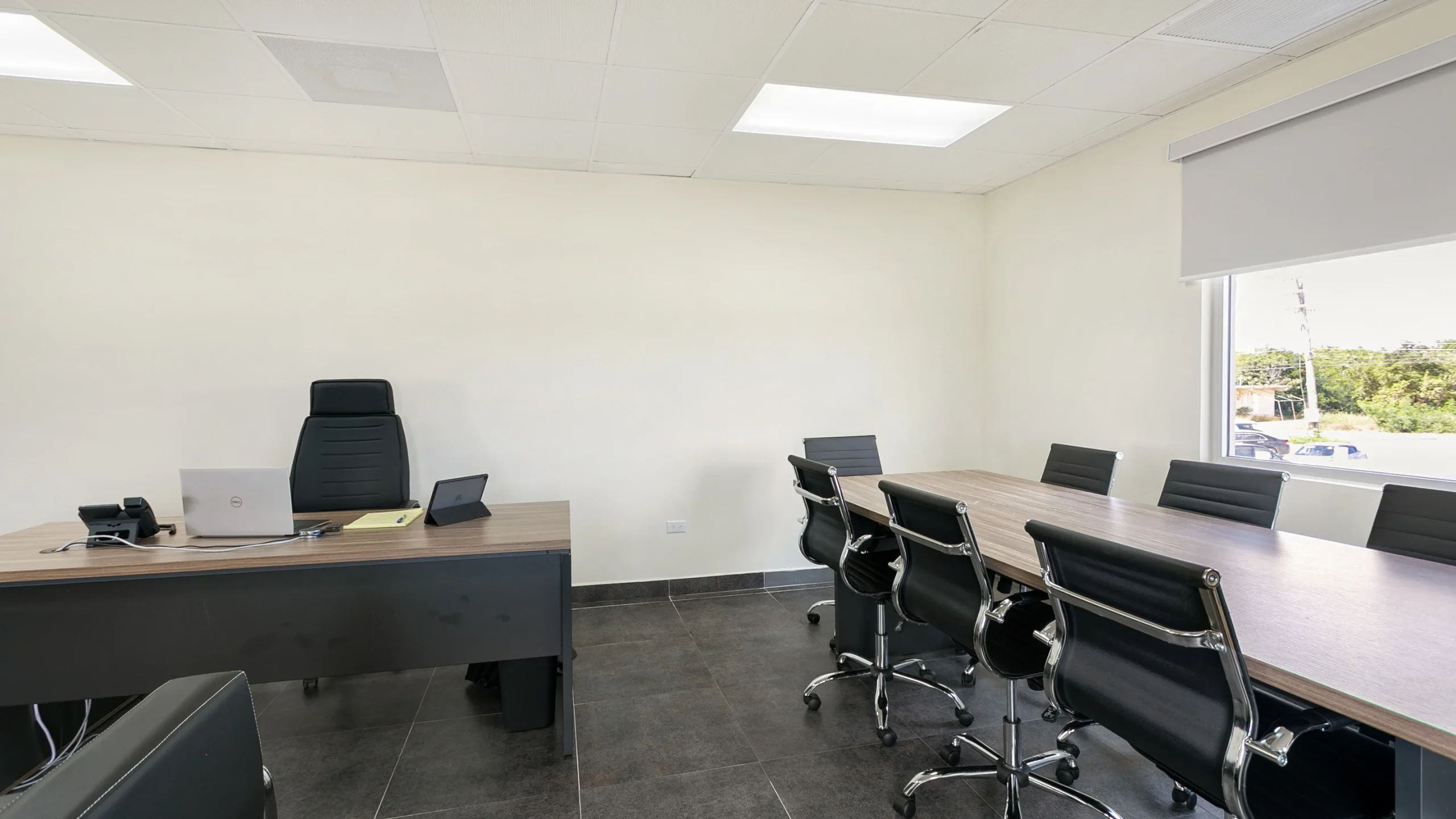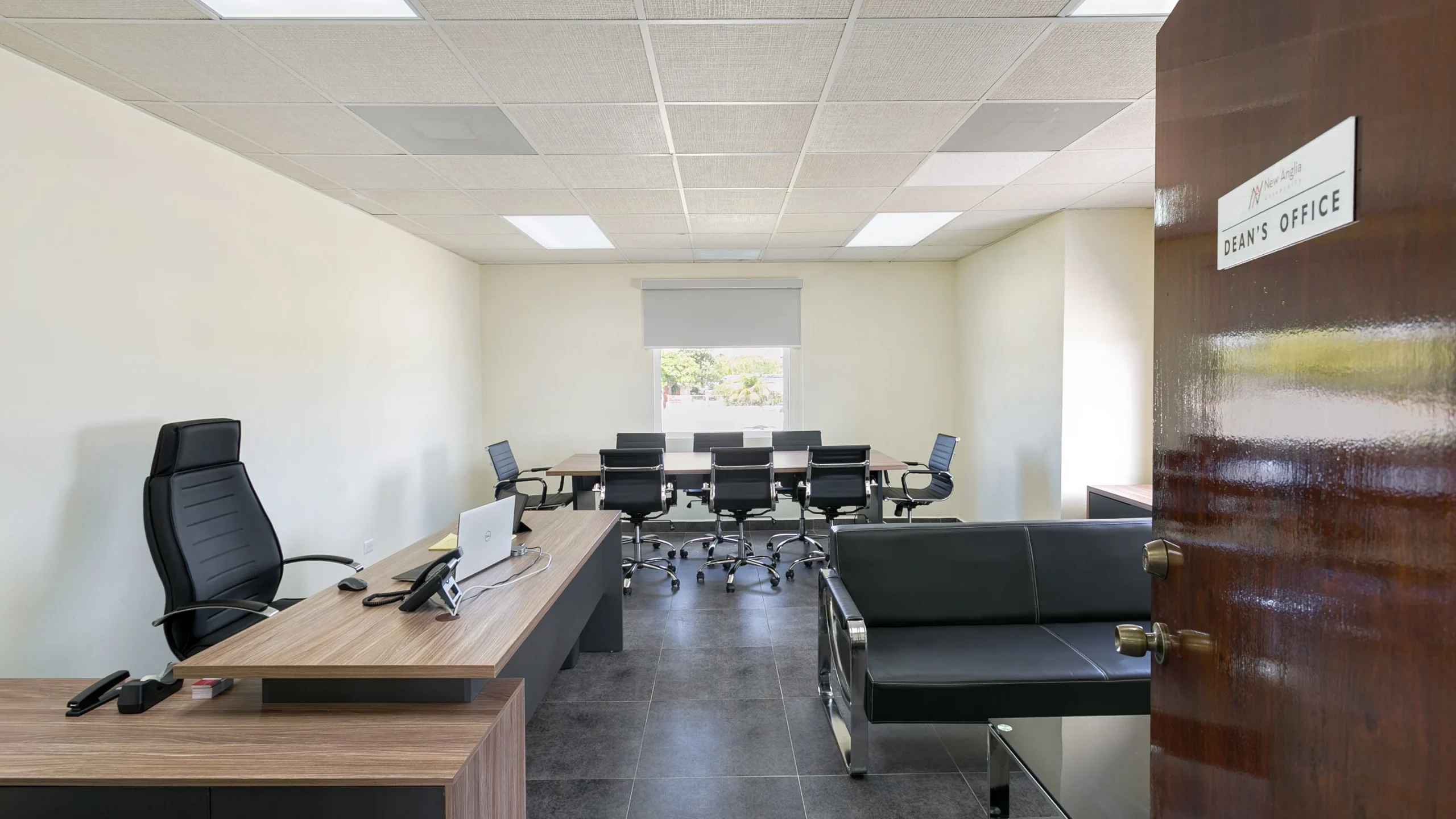Campus
About → Partnerships
Interior
Exterior
- Modern Architecture: New Anglia University features contemporary and sleek building designs with a blend of glass and steel, creating a visually striking exterior.
- Landscaped Grounds: The exterior is complemented by well-maintained green spaces, including lawns, trees, and outdoor seating areas, providing a pleasant and welcoming environment.
- Accessible Entrances: The university ensures accessibility with ramps and wide doorways for all students, staff, and visitors.
- Sustainable Design: The campus incorporates eco-friendly features, such as energy-efficient lighting and sustainable materials, reflecting the university’s commitment to sustainability.
Simulation Center
- Hands-on Learning Environment: Replicates real-world clinical settings for immersive student training.
- Patient Care Skills: Focuses on developing skills in patient care, diagnostics, and emergency response.
- Comprehensive Equipment: Includes hospital beds, privacy curtains, and essential diagnostic tools like ophthalmoscopes, otoscopes, and blood pressure apparatus.
- Advanced Simulation Models: Features CPR and nurse training manikins, ECG monitors, and anatomical models for practical experience.
- Specialized Training Tools: Includes a slit lamp for eye examinations and injectable training arms for clinical procedures.
- Enhanced Bedside Procedure Training: Provides real-world, hands-on training for effective bedside procedures.
Lab
- Hands-on Learning: Focus on histology and pathology with individual microscope stations.
- Real-time Demonstrations: Teacher's microscope linked to a screen for group discussions and live demonstrations.
- Practical Experience: Studying tissue, cell, and microorganism slides to develop diagnostic skills.
- Skill Development: Helps students connect theoretical knowledge with practical applications for future roles.
Library
- Hands-on Learning: Focus on histology and pathology with individual microscope stations for studying tissue, cell, and microorganism slides.
- Real-time Demonstrations: Teacher’s microscope linked to a screen for live demonstrations and group discussions.
- Interactive Learning: Encourages engagement and easy understanding of key concepts.
- Skill Development: Students refine technical skills while connecting theory to practice, preparing for diagnostic roles.
Classrooms
- Modern Classroom Setup: Equipped with projectors, chairs, and tables for a comfortable learning environment.
- Interactive Learning: Designed for lectures, case-based learning, and group discussions.
- Core Medical Subjects: Students explore essential topics like biochemistry and microbiology.
- Skill Development: Focus on developing critical problem-solving and analytical skills.
- Blended Teaching Approach: Combining traditional methods with innovative techniques to ensure student success.
Exam Center
- Advanced Technology: Equipped with laptops and digital tools for secure and efficient assessments.
- Real-World Preparation: Prepares students for the tech-driven healthcare field.
- Skill Development: Enhances student proficiency in digital tools, data management, and modern assessment techniques.
- Future-Ready Training: Equips students for success in the evolving medical landscape.
Student lounge
- Comfortable Spaces: Designed for relaxation and social interaction between classes.
- Collaboration & Discussions: Encourages informal discussions and peer collaboration.
- Variety of Amenities: Features seating, tables, and essential amenities for comfort.
- Balanced Environment: Ideal for lunch, casual study sessions, or recharging during busy schedules.
- Community Hub: Fosters a supportive and balanced atmosphere for students to unwind and connect.
Reception
- Central Hub: The main reception serves as the primary point for essential student information.
- Key Information Access: Students can find class schedules, campus events, important announcements, and more.
- Point of Contact: The reception is the go-to place for student inquiries and support.
- Quick & Easy Access: Ensures students stay informed and navigate campus life effortlessly.
- Academic & Extracurricular Info: Provides comprehensive details about academic and extracurricular activities.
Student office
- Student Support: The Student Office assists with inquiries and manages academic records.
- Guidance Offered: Provides advice on academic matters, extracurricular activities, and career development.
- Vital Resource: A key point of contact for students seeking help with studies or campus involvement.
- Academic & Personal Success: Ensures students have the support they need to thrive both academically and personally.
School Office
- Operational Management: The Schools Office ensures smooth operation of classes, programs, and activities.
- Coordination: Plays a key role in maintaining the organization and flow of academic functions.
- Support for Education: Facilitates the seamless functioning of the school's educational offerings and ensures quality delivery.
Dean's office
- Academic Leadership: The Dean’s Office guides the institution’s academic direction, ensuring the highest standards in education, research, and faculty development.
- Strategic Vision: Shapes the academic vision, sets goals, and drives continuous improvement within the institution.
- Faculty Support: Promotes faculty growth and ensures academic programs remain rigorous, relevant, and aligned with the latest advancements in medical education.







